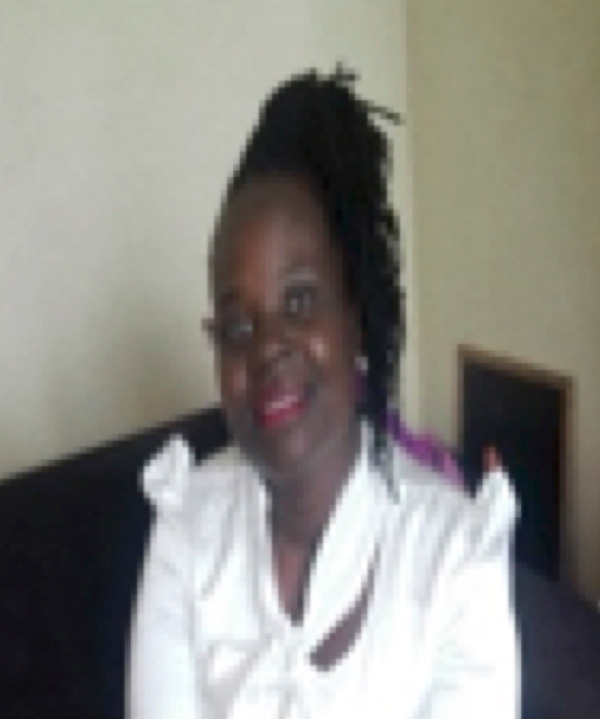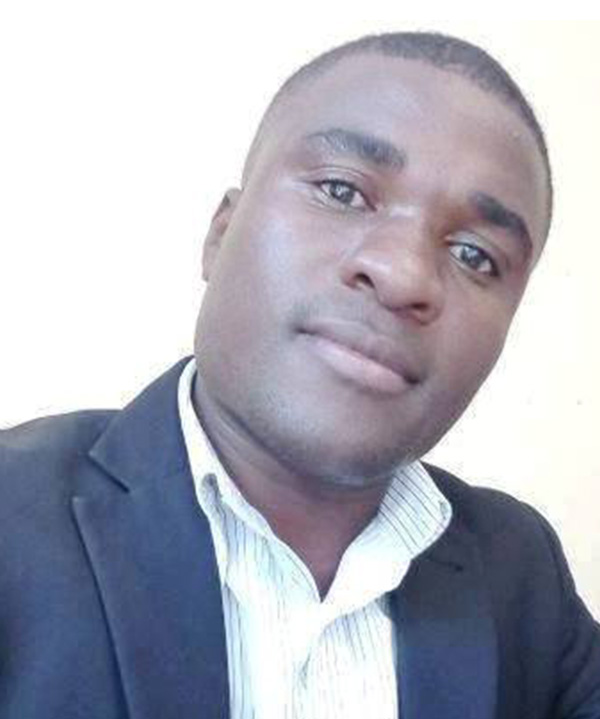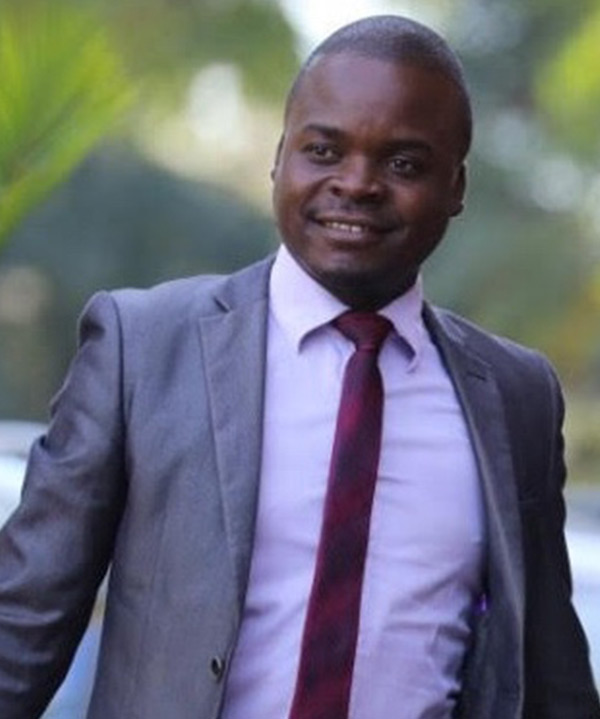LIST OF NATIONAL COORDINATORS
NORTH AMERICA
USA
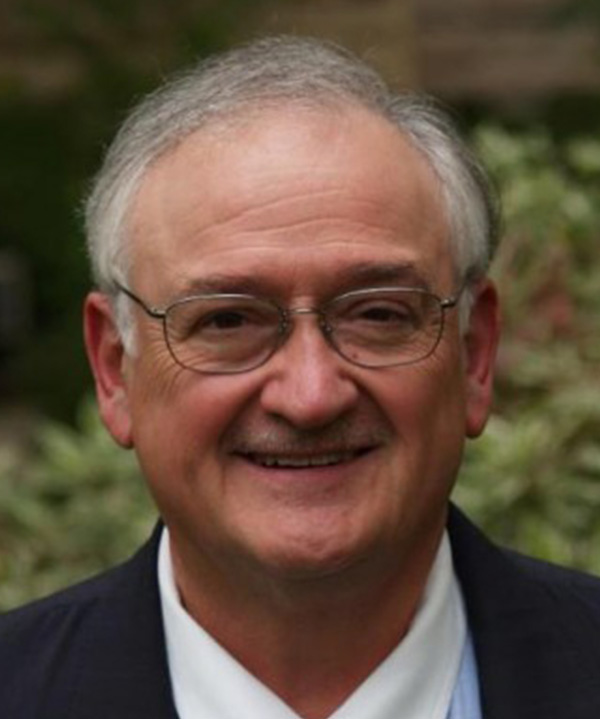
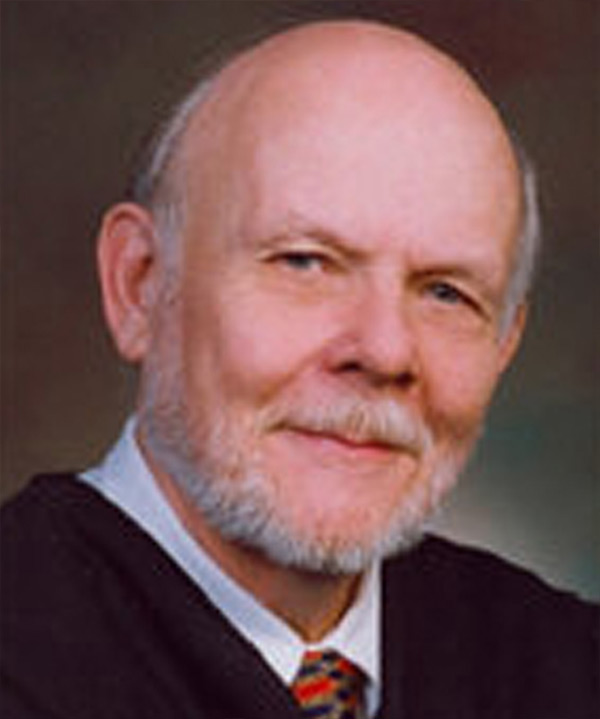
CANADA

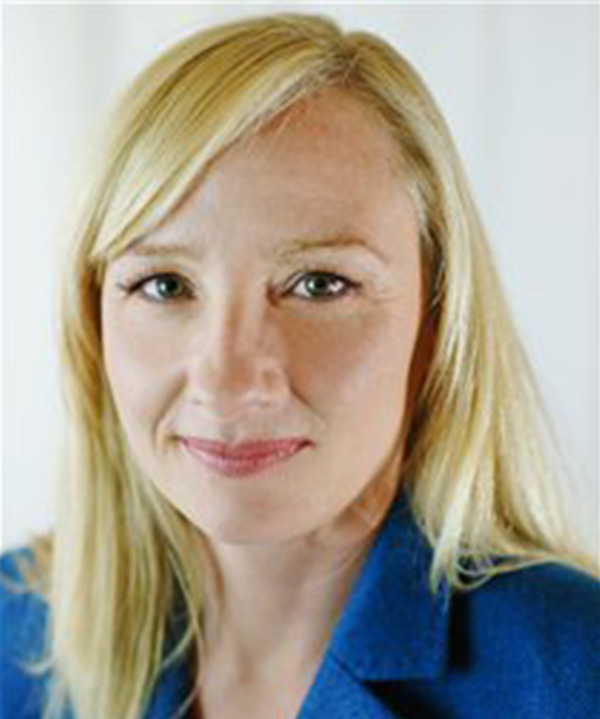
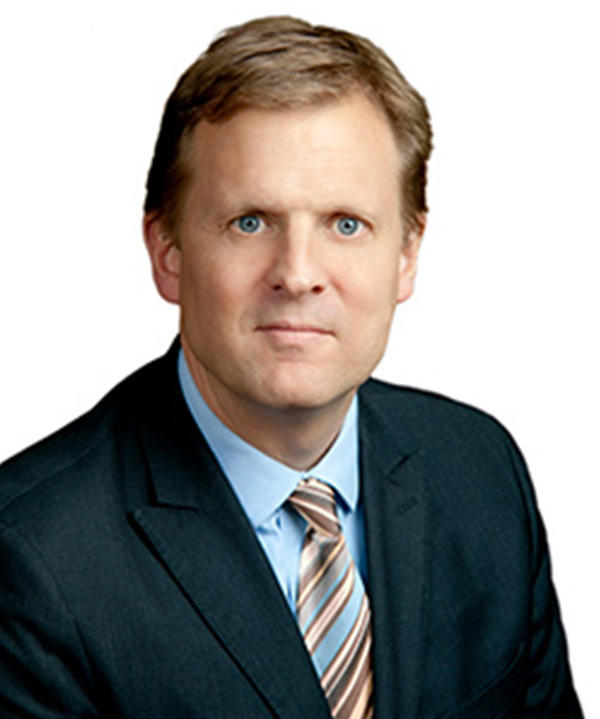
CENTRAL AND SOUTH AMERICA
ARGENTINA
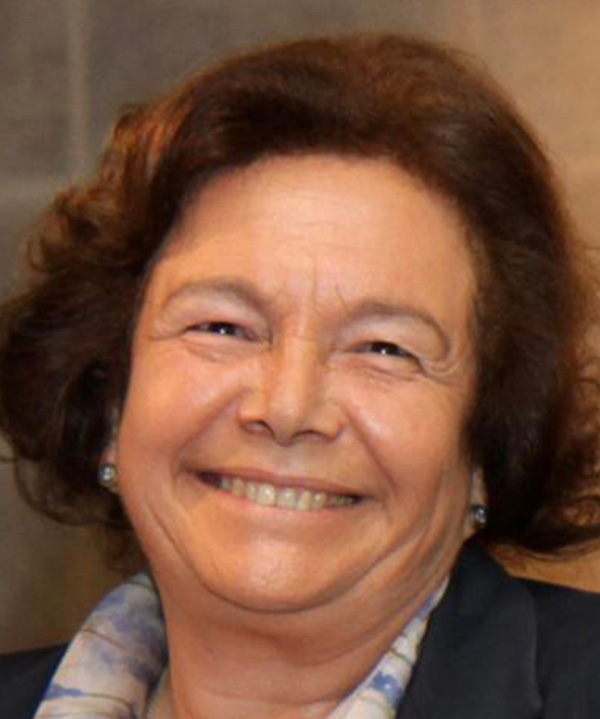
BRAZIL
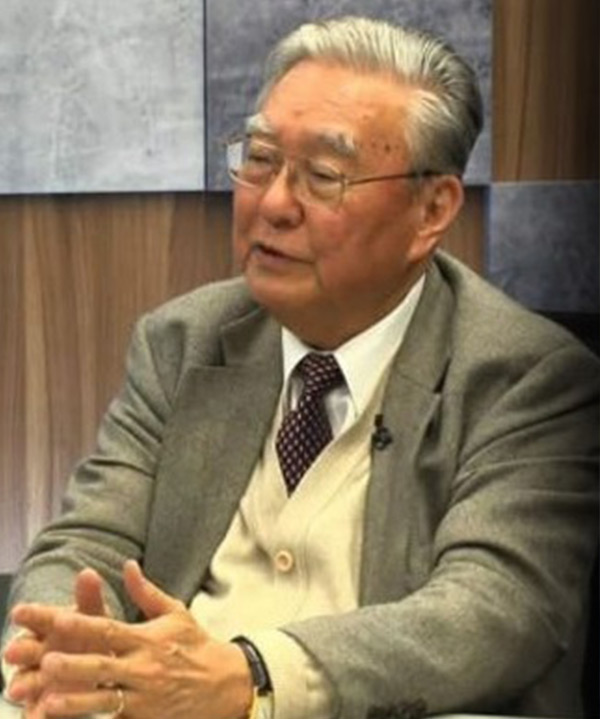
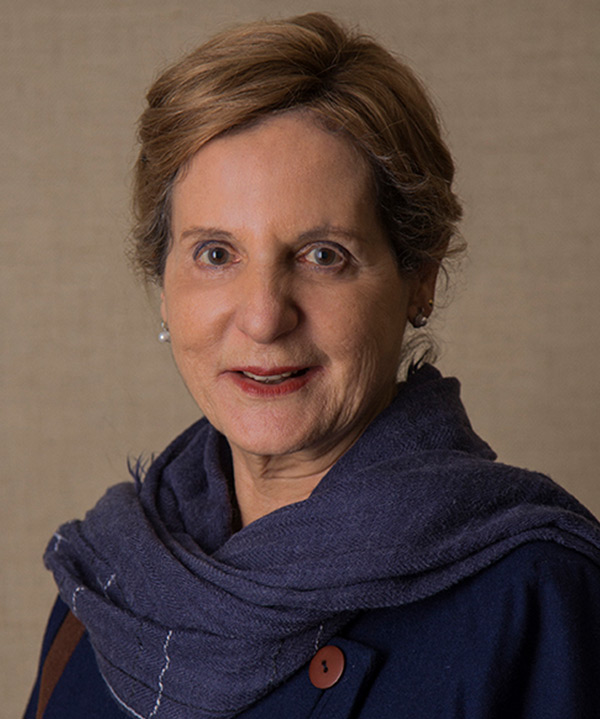
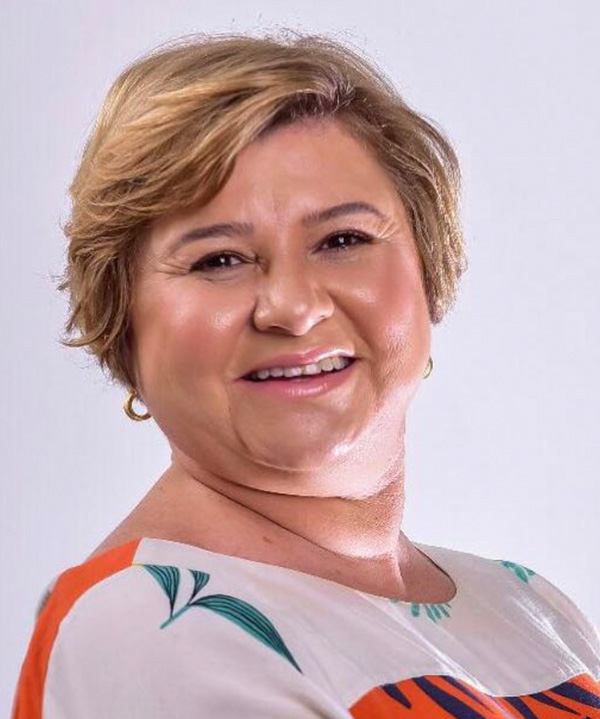
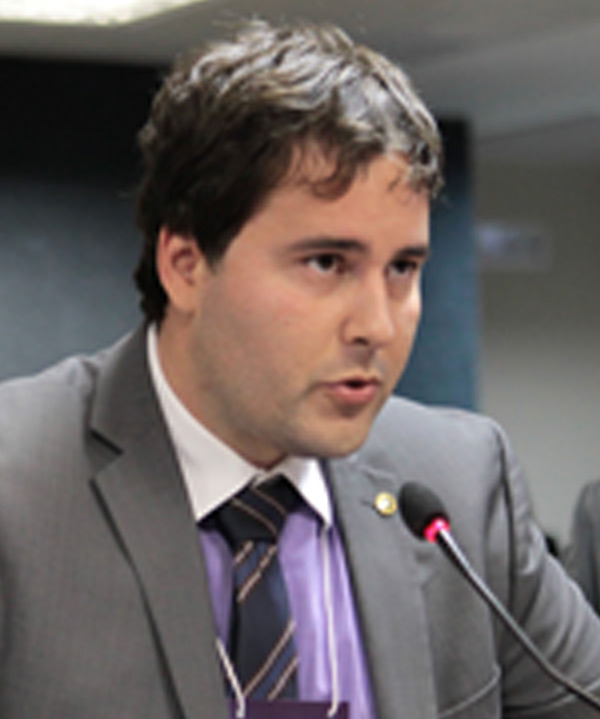
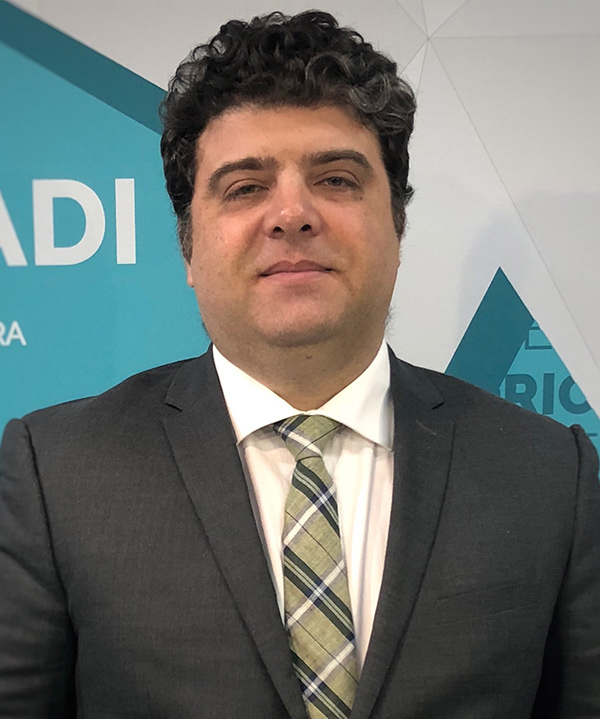
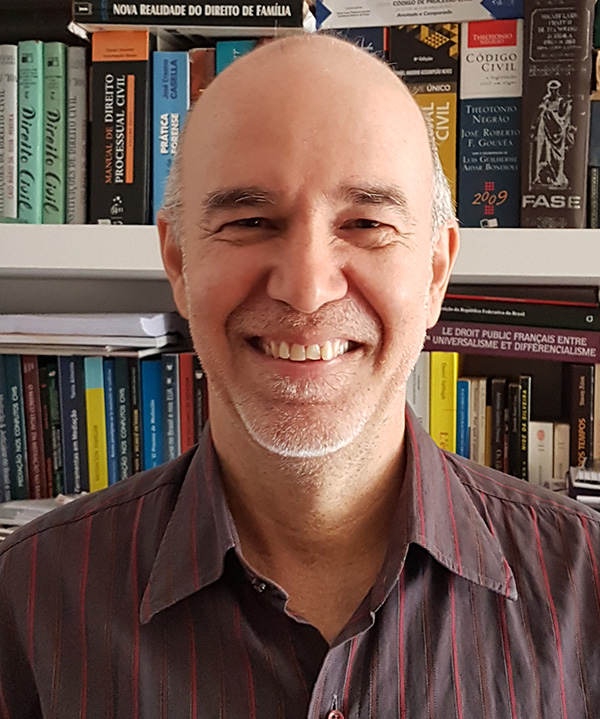
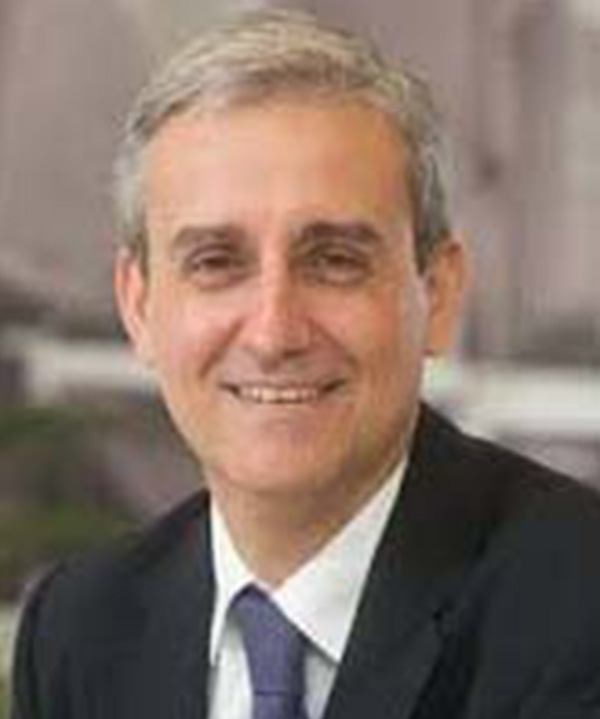
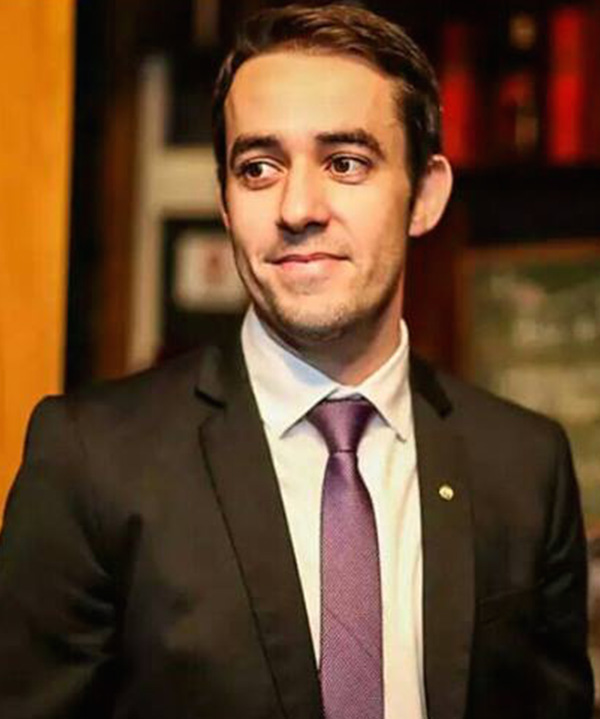
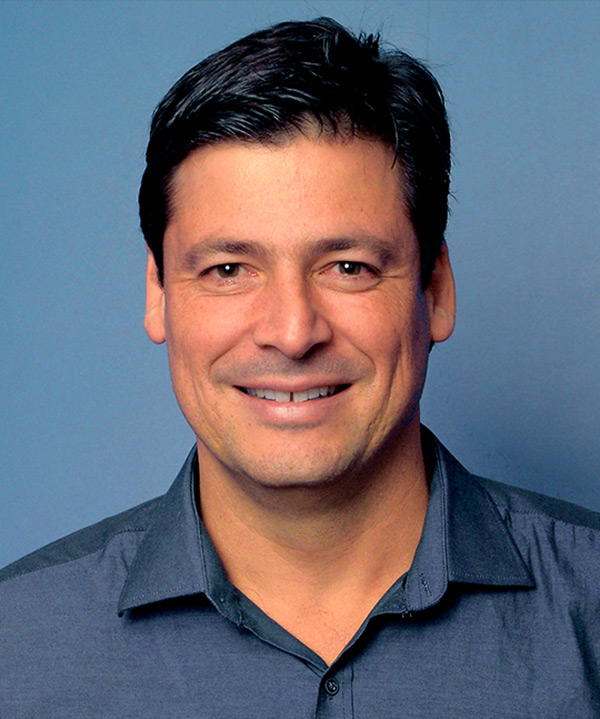
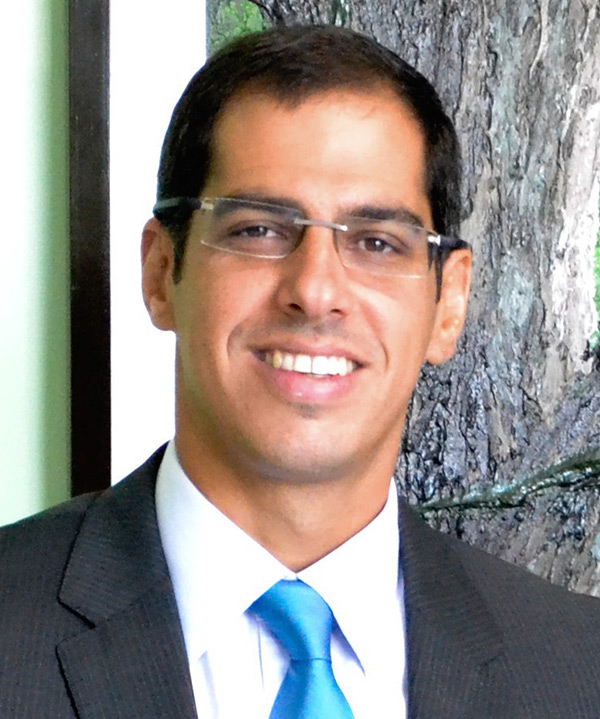
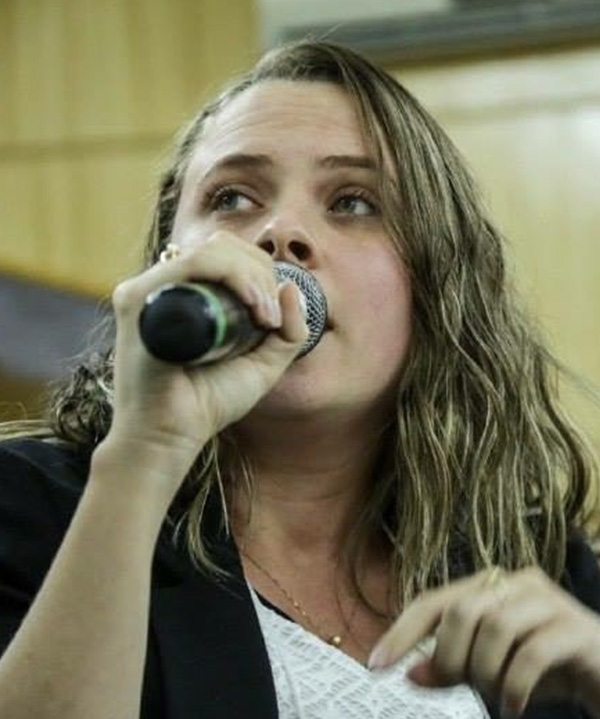
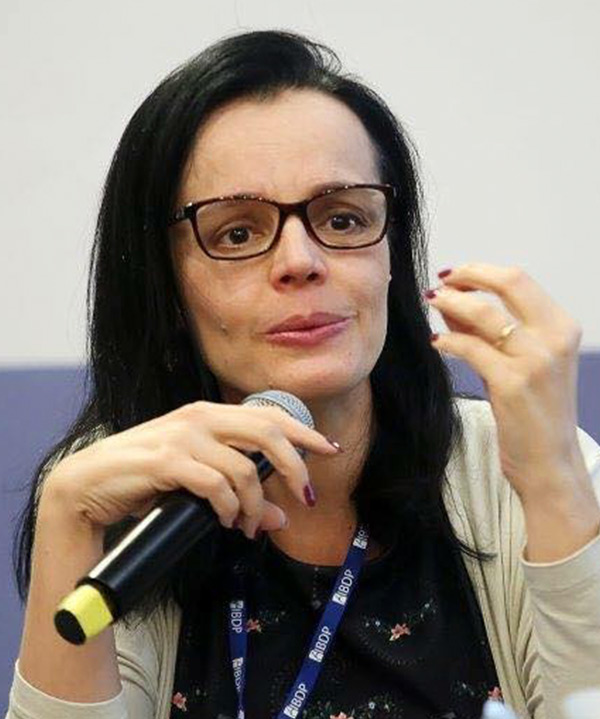
CHILE
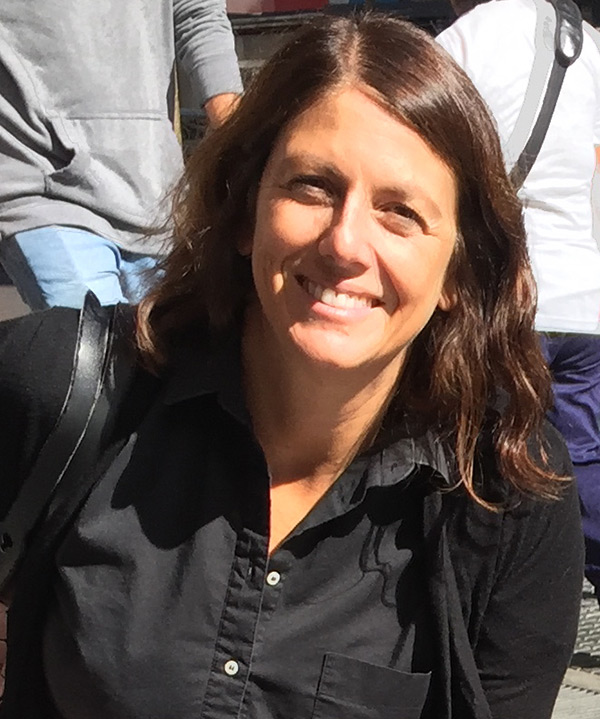
COLOMBIA
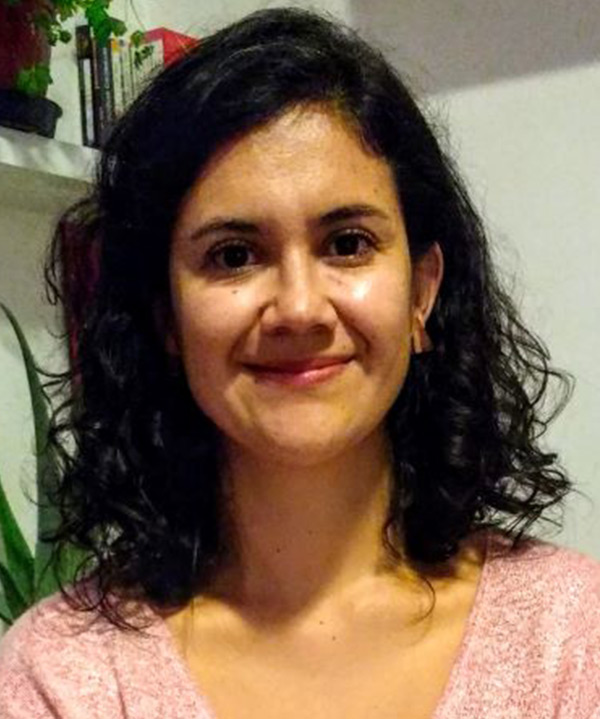
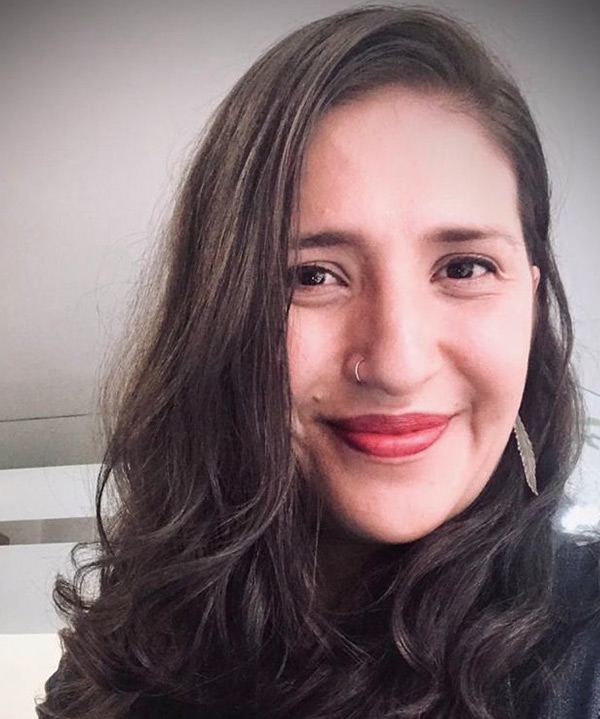
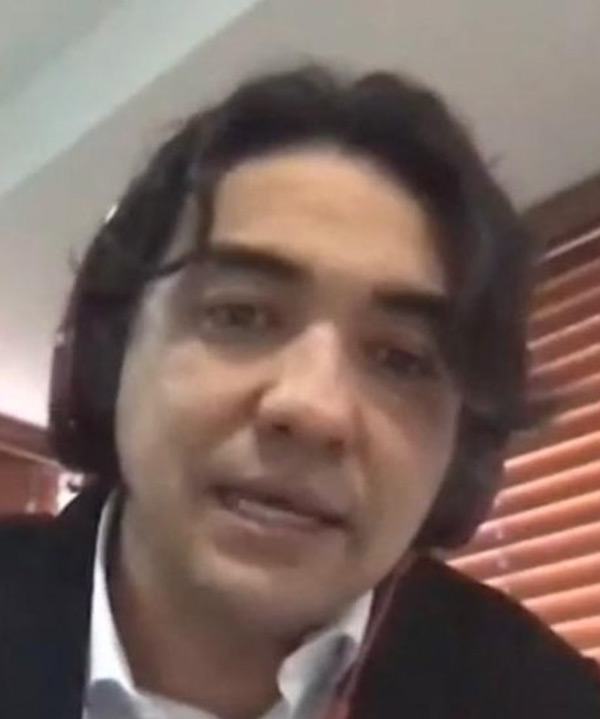
COSTA RICA

CUBA
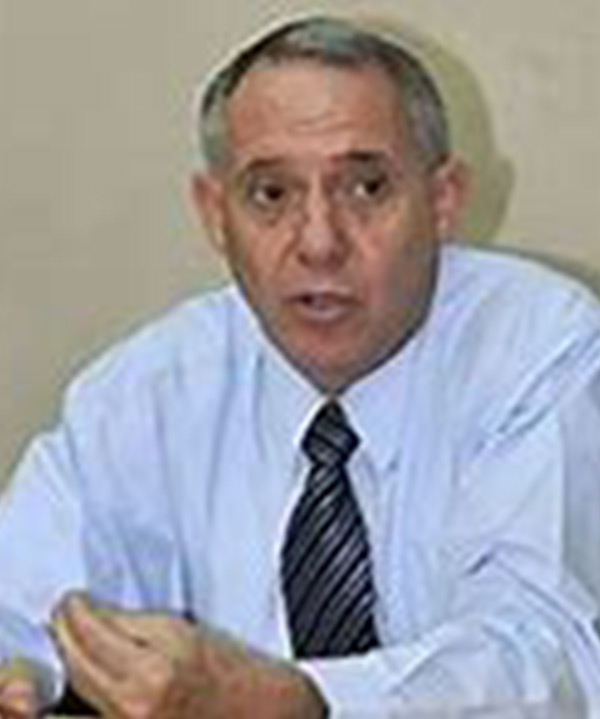
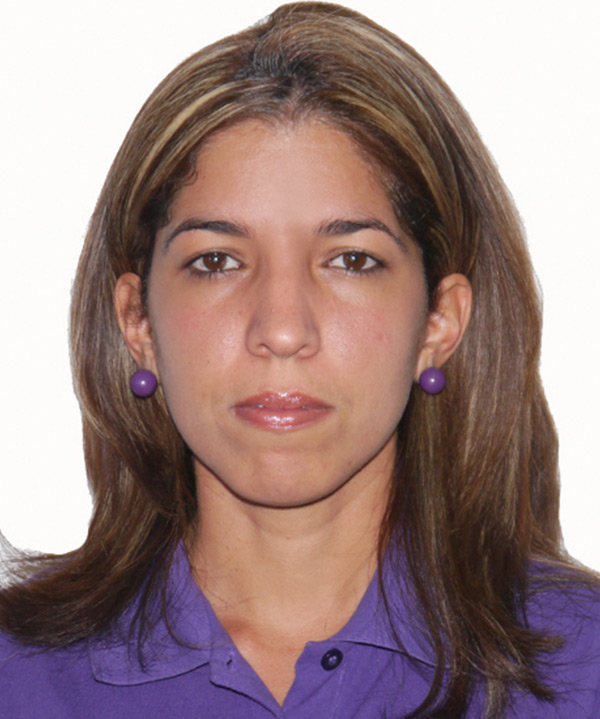
ECUADOR
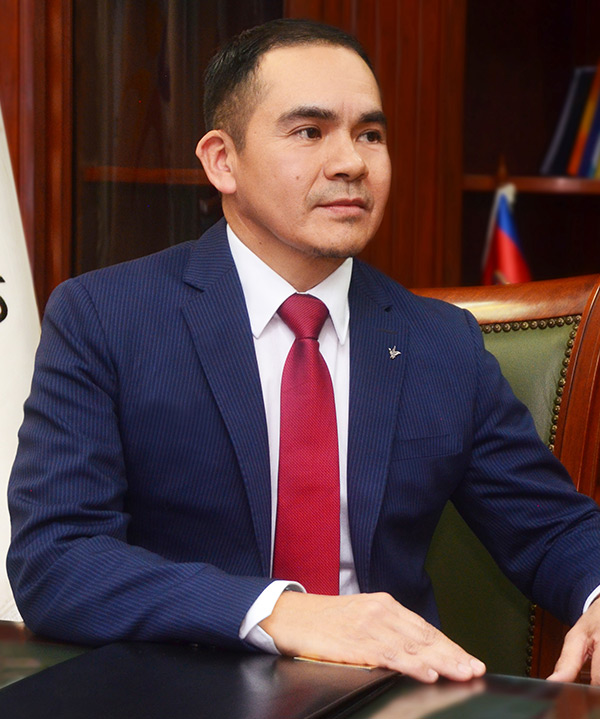

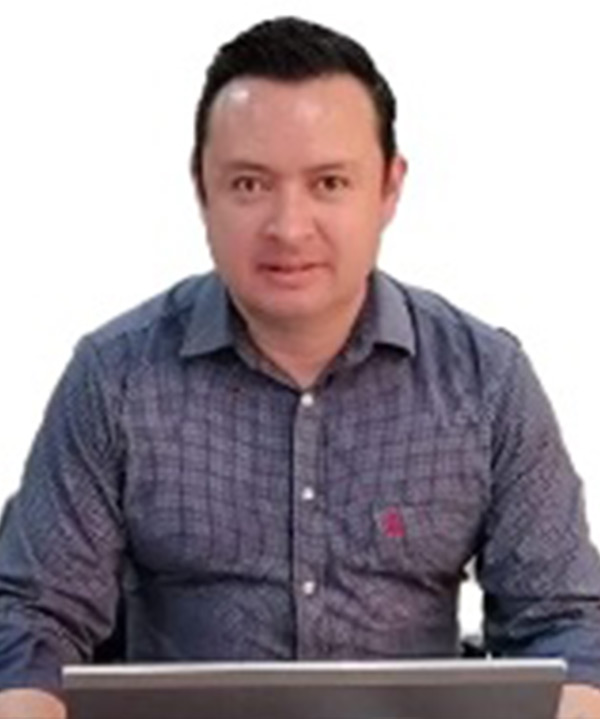
HONDURAS


MEXICO
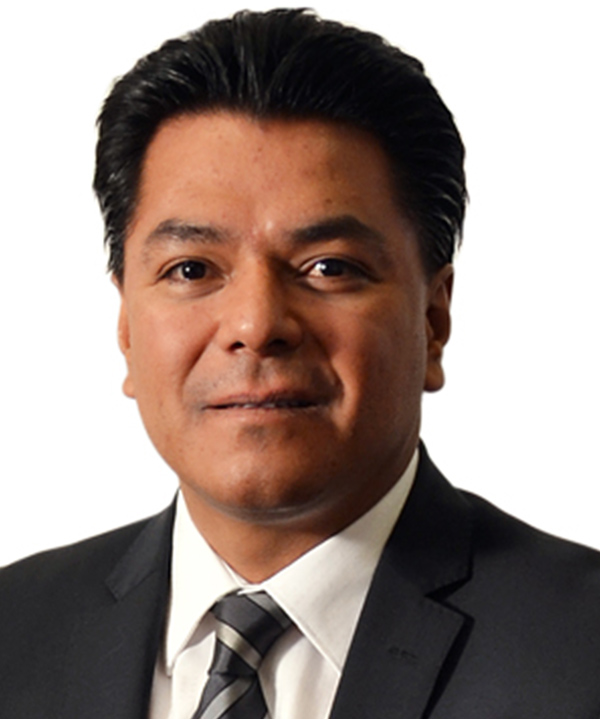
NICARAGUA
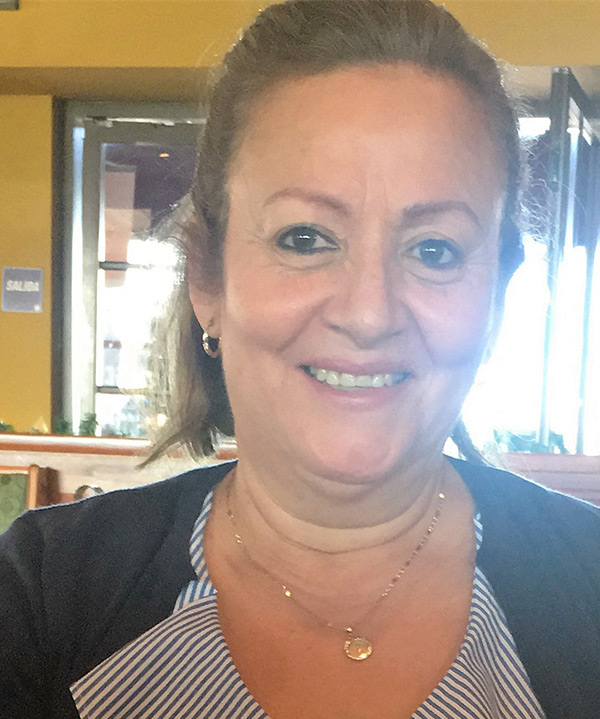
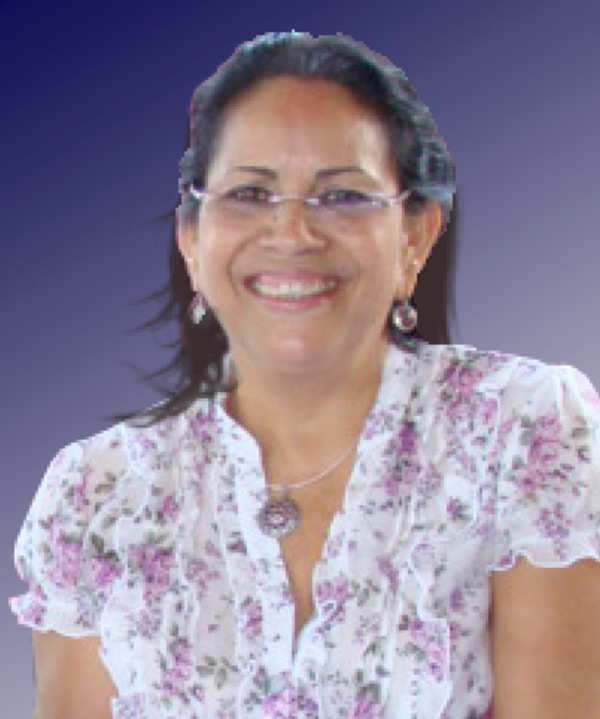

PANAMA
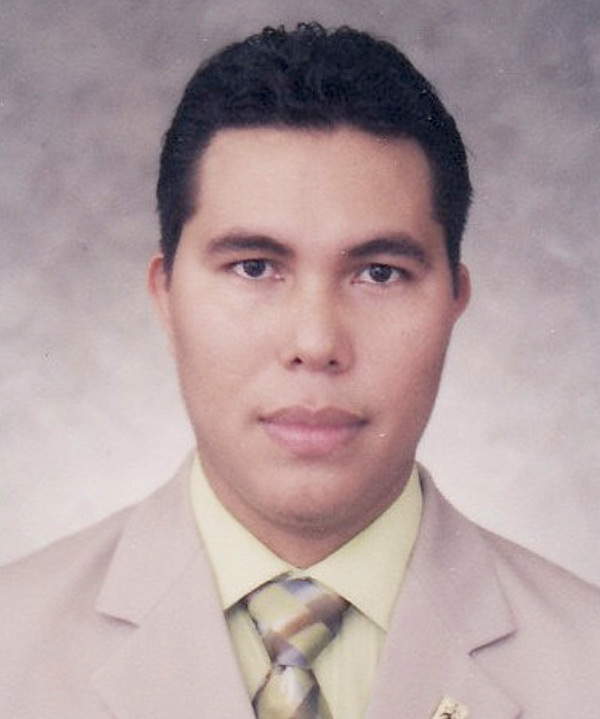
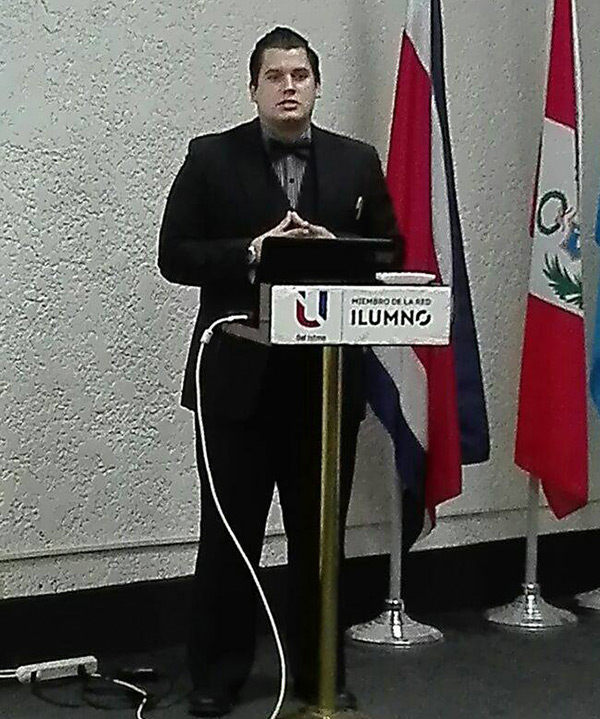
PARAGUAY
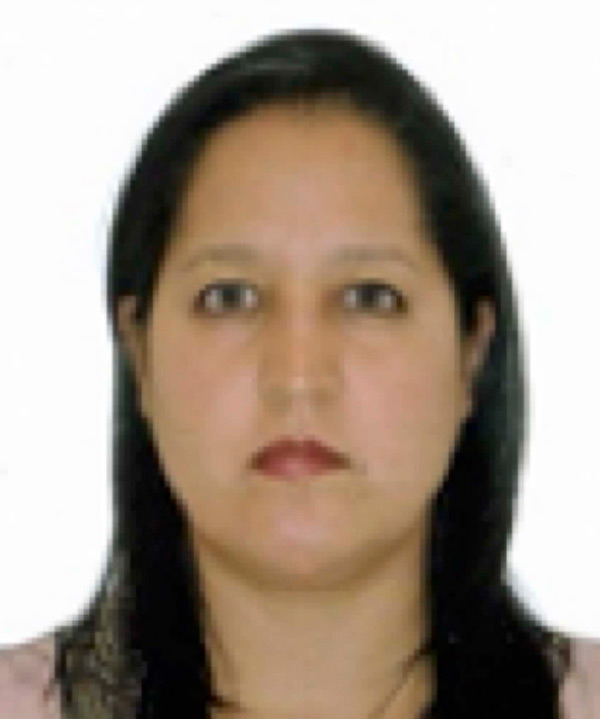



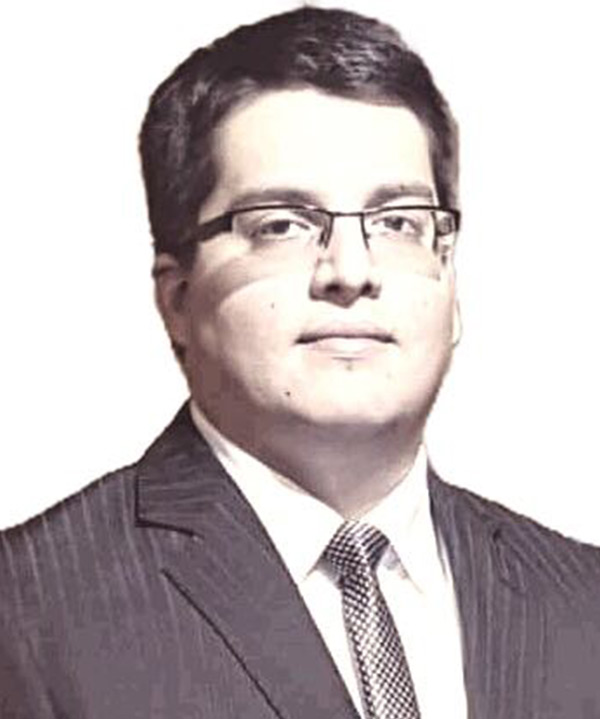
PERU
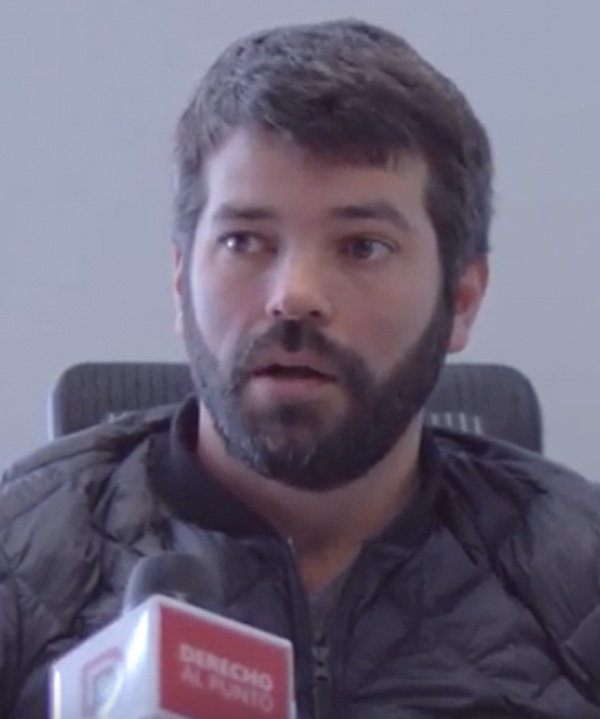
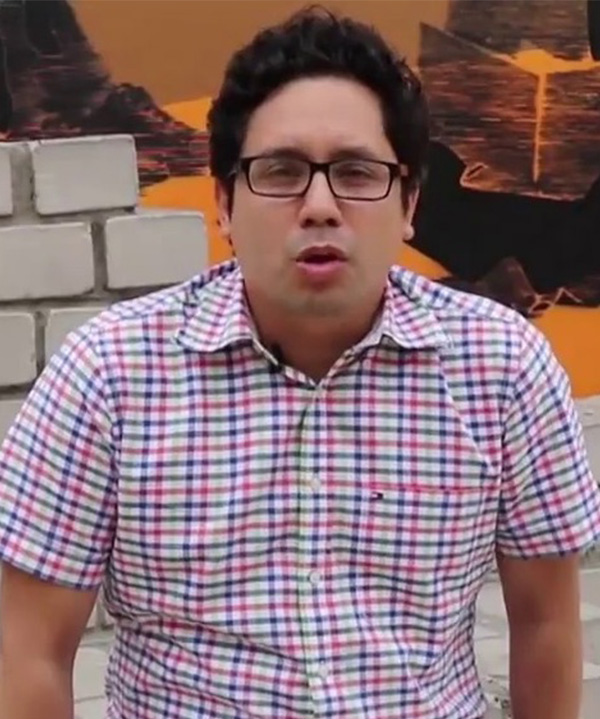
URUGUAY


EUROPE
NORDIC COUNTRIES
DENMARK
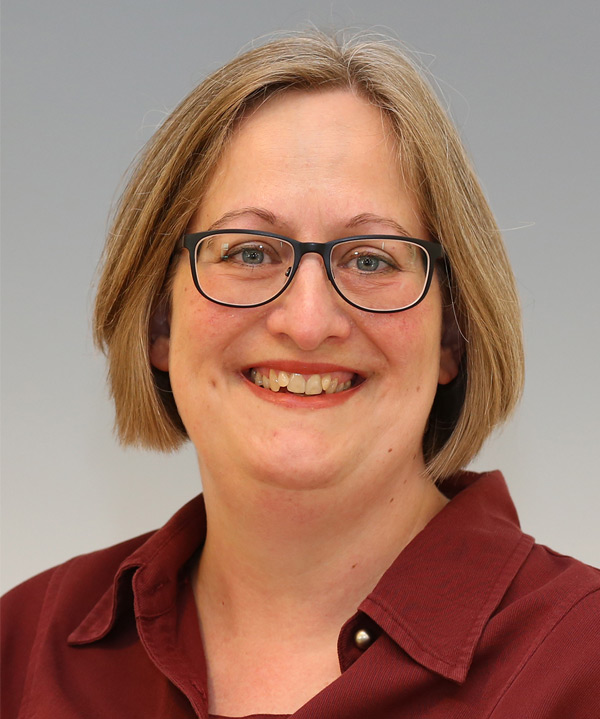
FINLAND
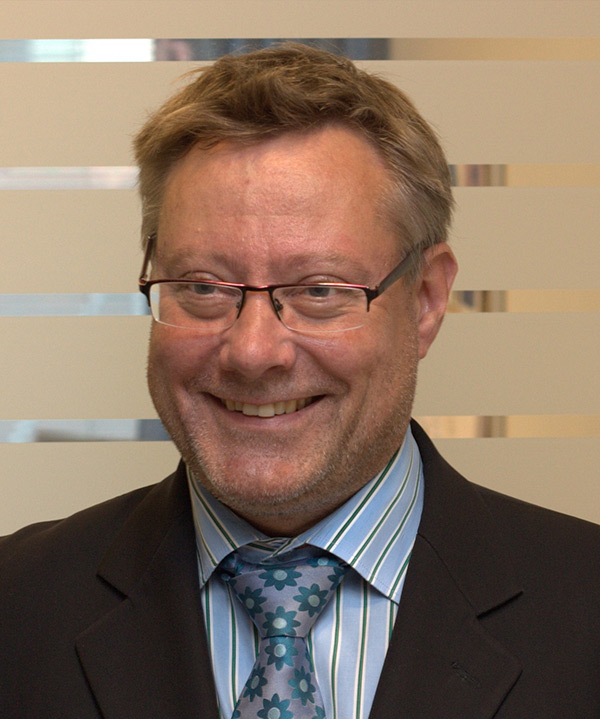
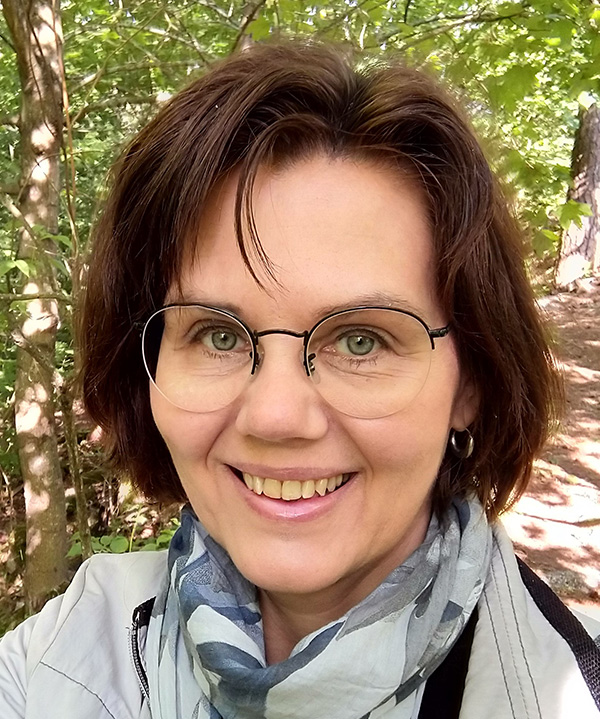



Chris A. Carling is research assistant at the Institute of Criminology and Legal Policy (ICLP).

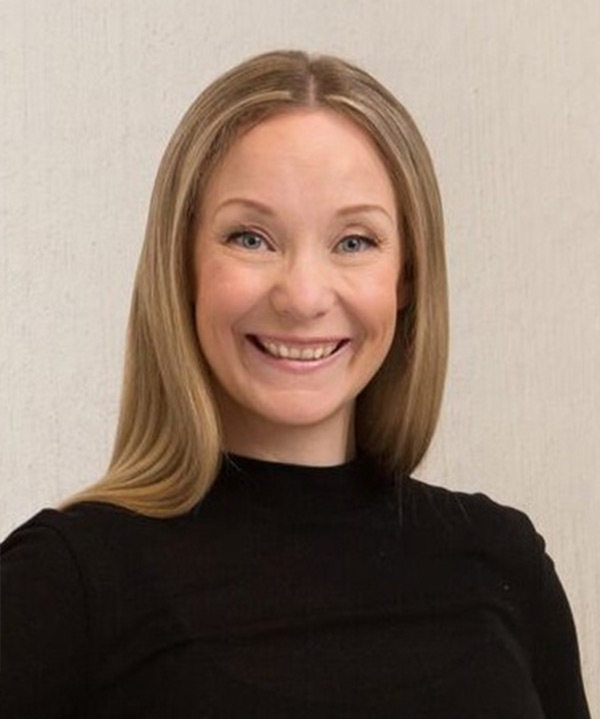
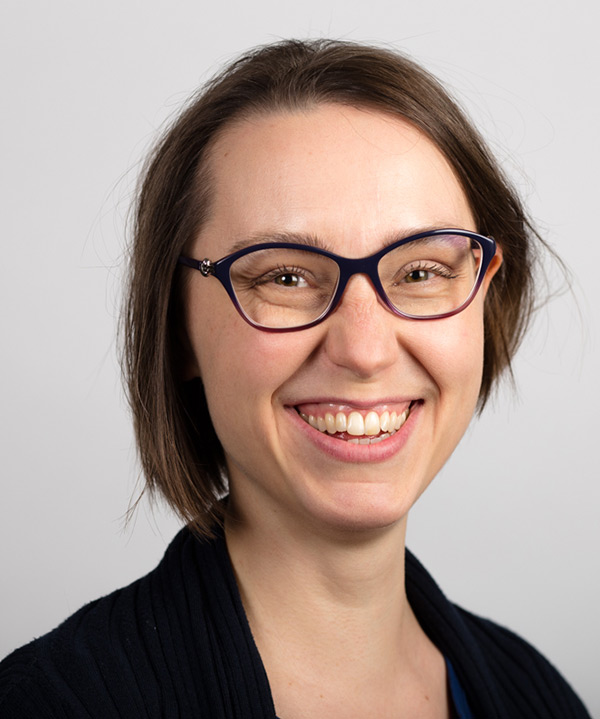

ICELAND

NORWAY
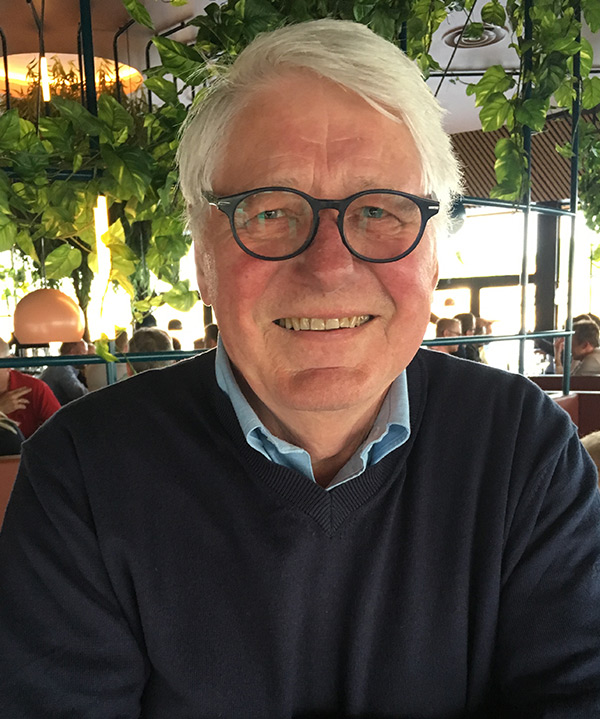
SWEDEN
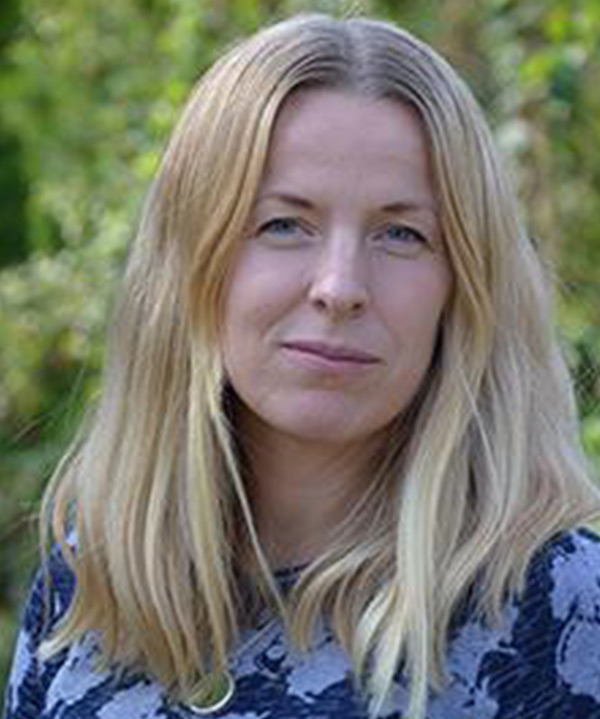
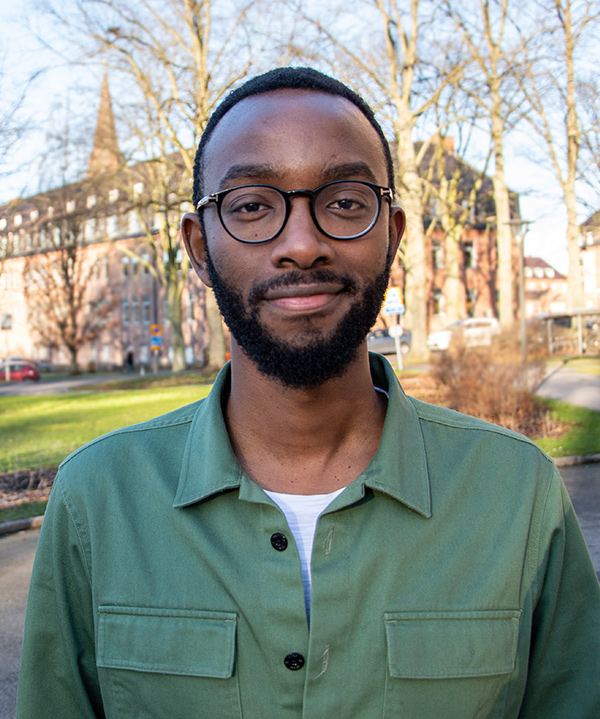
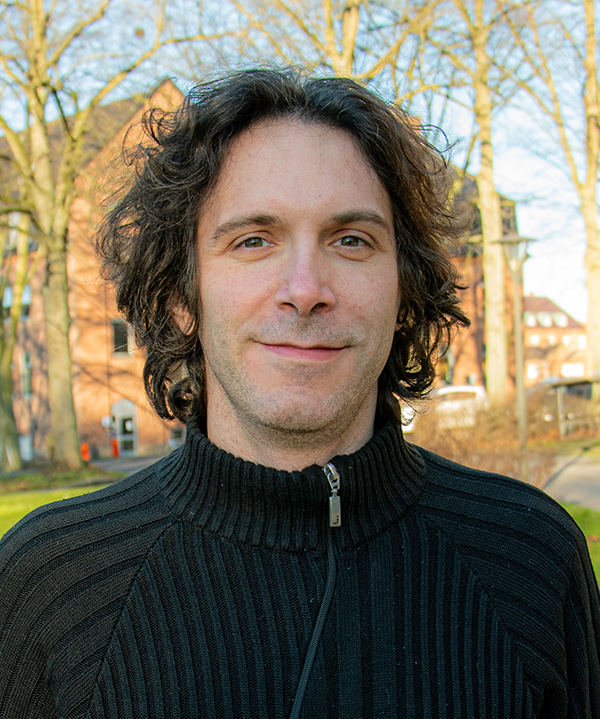
EASTERN EUROPE AND CENTRAL ASIA
ALBANIA
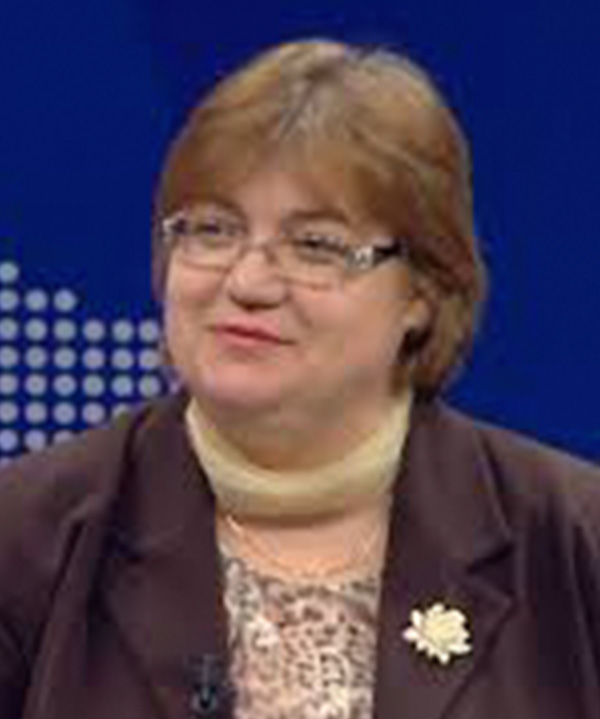
BOSNIA AND HERZEGOVINA

BULGARIA
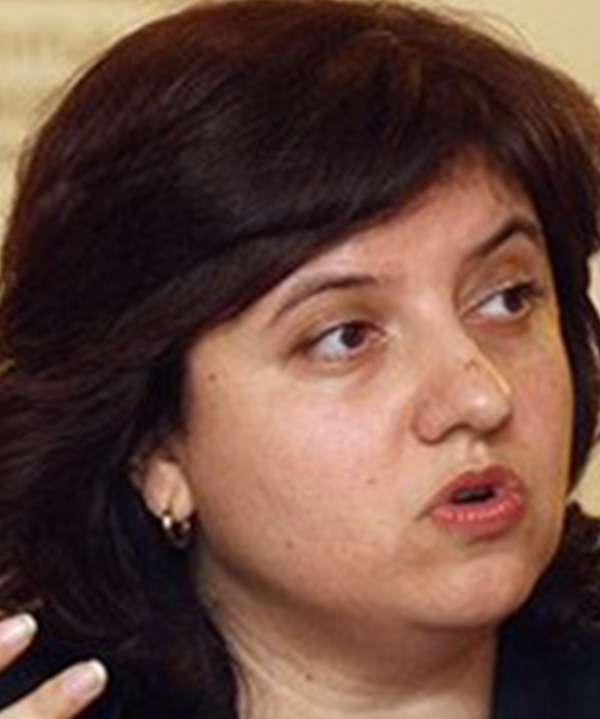
GEORGIA
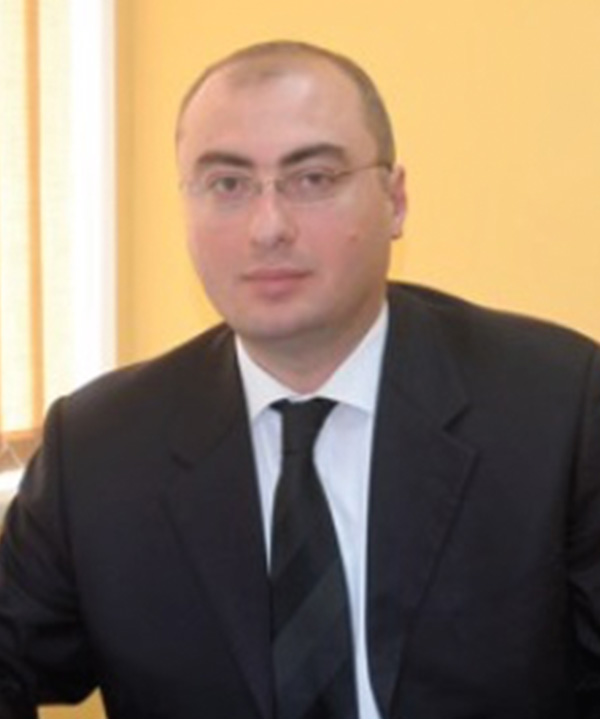
Since 2007, Irakli Shonia is actively involved in developing various training modules for lawyers of Georgian Bar Association and Legal Aid Service. He is also a certified trainer for various local and international organizations such as Georgian Bar Association, American Bar Association, Council of Europe, European Union, Norwegian Rule of Law Advisory in Georgia for professional ethics, criminal procedure, judicial skills, Judicial decisions and legal spells, as well as minor juvenile justice issues.
Irakli Shonia actively participates in Legal Aid Reformers’ Network, which works for the reform of legal aid systems in post-socialist countries and professional standards for criminal lawyers.
Since 2005 he is a member of the Georgian Young Lawyers Association2006-2007 -Member of the Association of Lawyers
2013-February 2014 Head of Ivane Javakhishvili Tbilisi State University Master of Law Faculty (Legal Aid Service Clinic).
From 2013 to 2017, Ivane Javakhishvili Tbilisi State University invited specialist to the Faculty of Law Faculty of Practical Skills
Invited expert to GuramTvartkiladze Teaching University from 2013 to 2018 “Basics of Legal Ethics” and “Practical Skills” Training Course.
KAZAKHSTAN
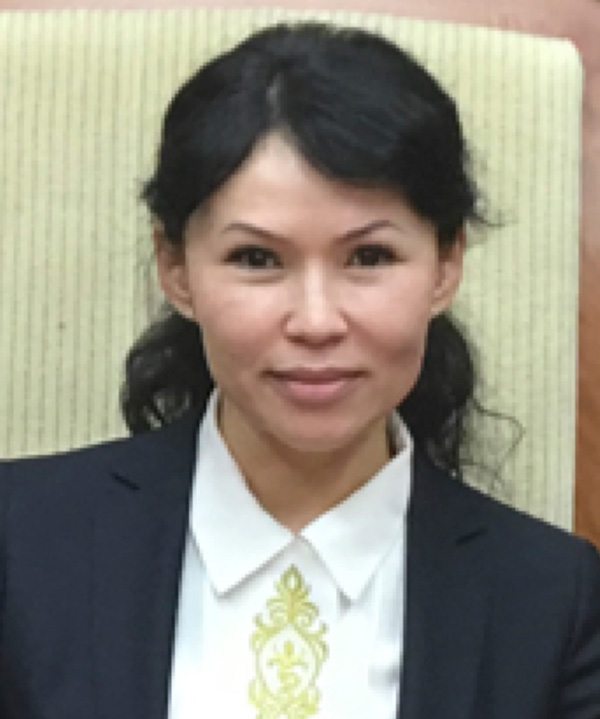
KOSOVO
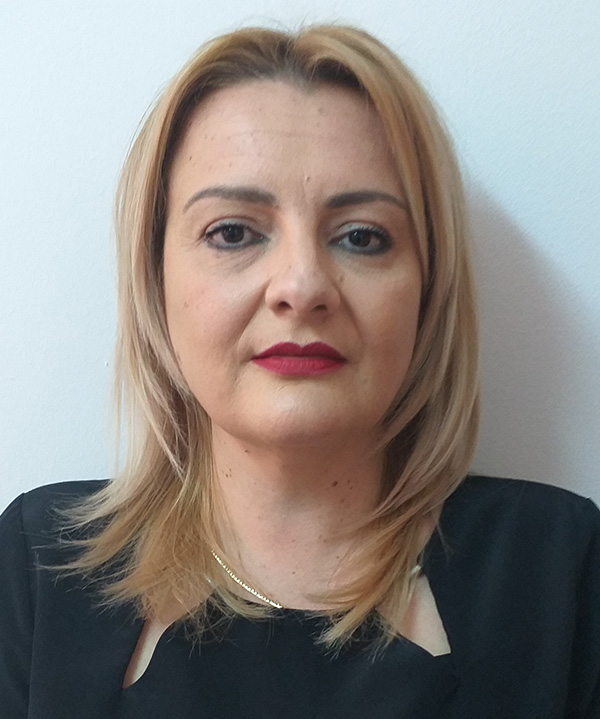
LATVIA

LITHUANIA
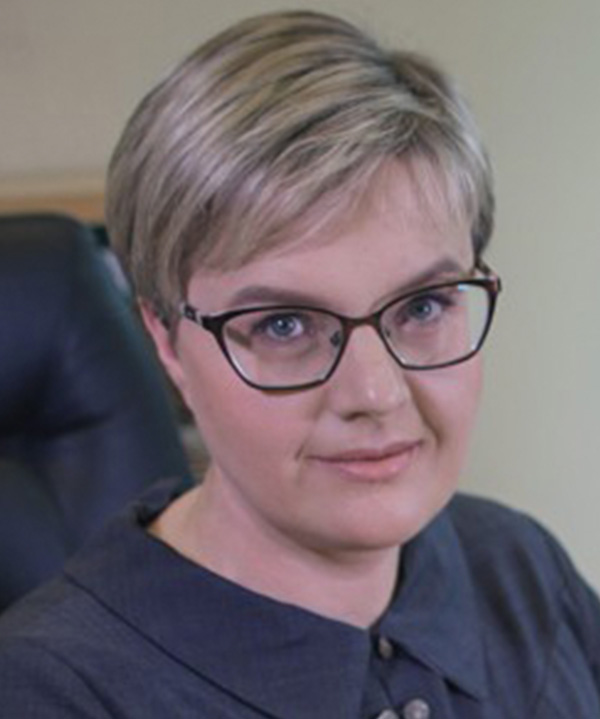
MACEDONIA

RUSSIAN FEDERATION

TAJIKISTAN

TURKEY
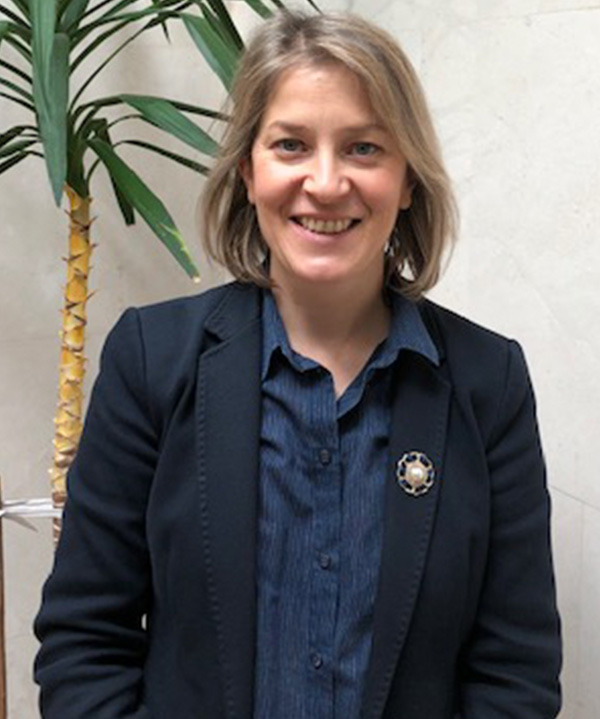
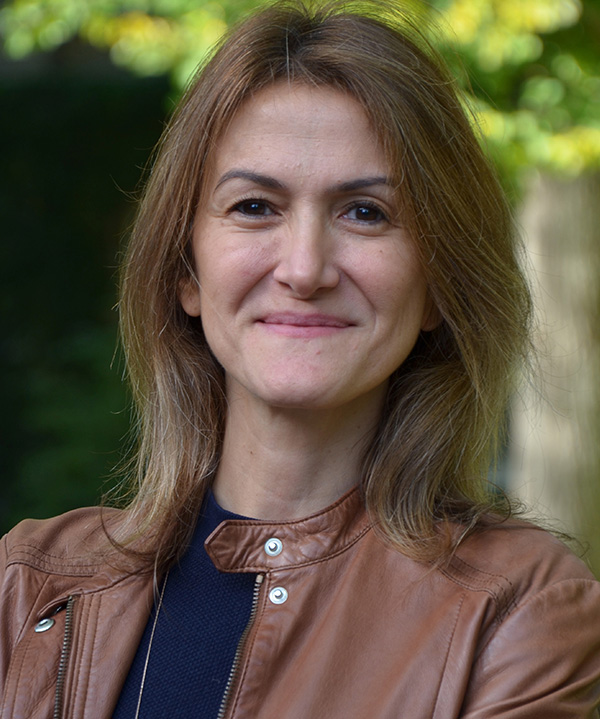
UKRAINE
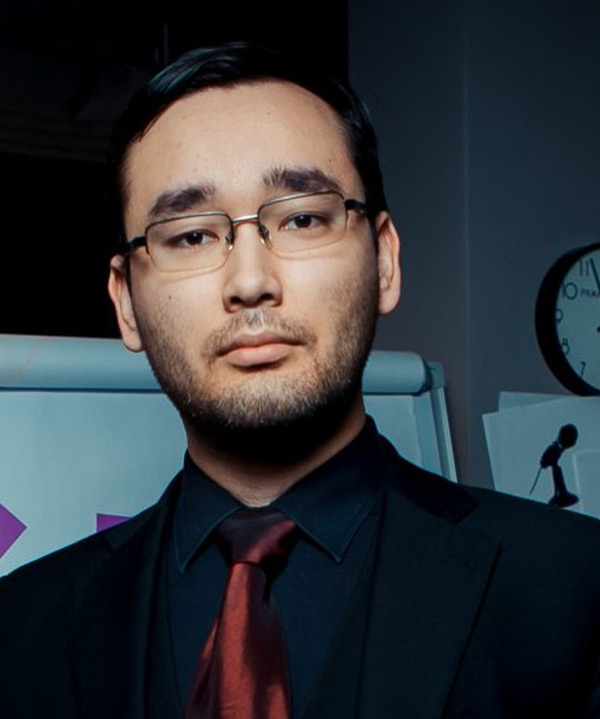
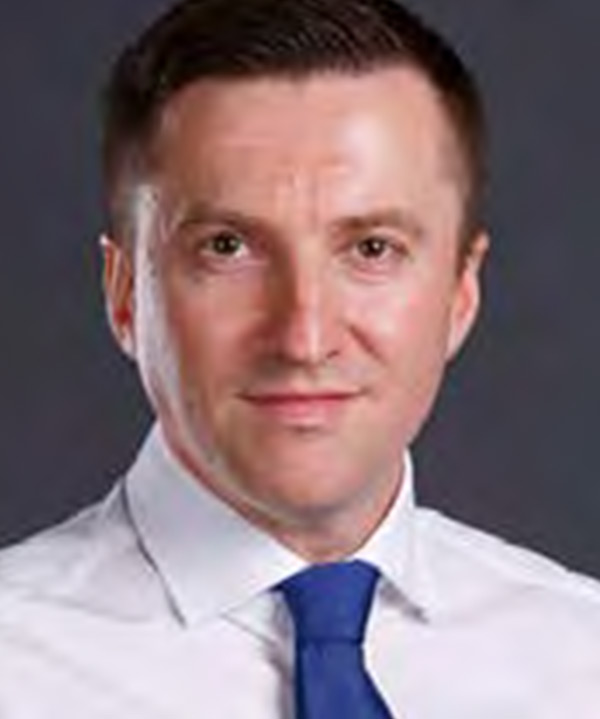
UZBEKISTAN
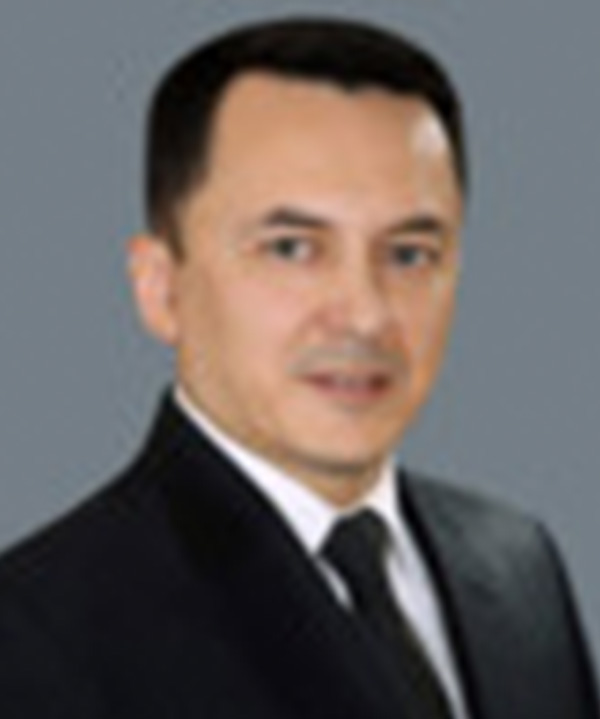
WESTERN AND CENTRAL EUROPE
BELGIUM

From 1998 he has been a part time researcher at the University of Antwerp where he is studying the legal aid system in Belgium.
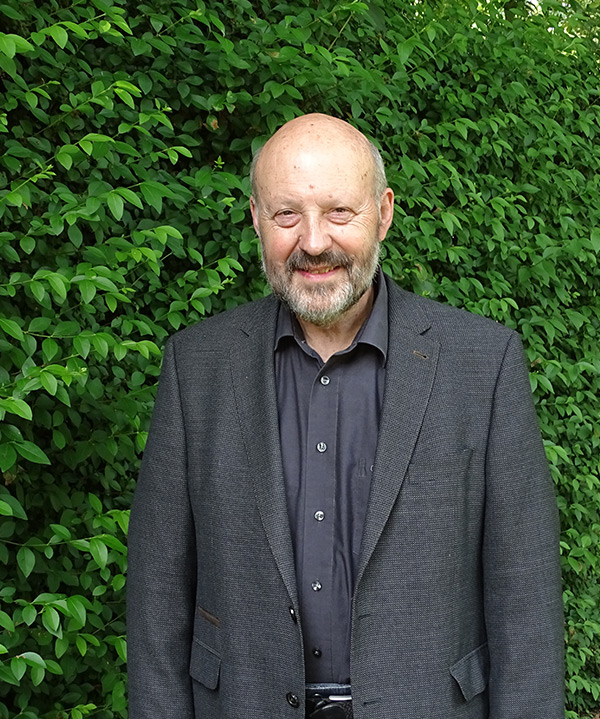
Bernard Hubeau is a full professor in Sociology and Sociology of Law at the Faculty of Law of the University of Antwerp since early 2008. He is a professor in Urban Planning Law (Master Course in the Law Faculty of the University of Antwerp) since early 2008. He lectured during 10 years at the Architecture Institute (Henry Vandevelde-Institute, Antwerp). He teaches “Sociology and Sociology of Law”, “Sociology of Law” and “Legal aspects of the relation Administration-Citizen”. He teaches “Legal Aspects of Social Work” at the Faculty of Social Sciences of the University of Antwerp. He also teaches “Sociology of Law” at the University of Brussels (Faculty of Law and Criminology). He was professor at the University of Utrecht (Netherlands) from 1991 to 1996 and Lecturer in a School for Architecture and a School of Police Studies. In the faculty of law of the University of Antwerp he is a member of the research groups “Law and Government”. His main research interests are: Housing Law and Urban Planning; Sociology of Law; Alternative Dispute Resolution, Mediation and Ombudsmen; General Principles of Good Administration; Fundamental Rights and Social Work. He’s the editor of a Handbook on Spatial and Urban Planning (2004 and 2011), a Code with comments on the legislation (yearly edition, fifth edition forthcoming), chief editor of a Book Collection on Spatial and Urban Planning, author of a Student book on urban planning (Spatial and Urban Planning for Beginners, fourth edition), chief editor of a Book Collection with practical books on urban planning topics (Praktijkreeks) and the editorial board of “Ruimte”. He was the editor in chief of a scientific review (TROS, Review on Spatial and Urban Planning Law) from 1994 to 2015. In 2012, the Spatial Planning Act had its 50th anniversary: two books were realized to commemorate this event. He’s editor in chief of a Legal Journal (Juristenkrant). The subject of this doctoral thesis (1993) was the right to housing and the consequences of multilevel governance on the position of the citizen on the housing market (“Housing Law from a Regional, Federal and Community Perspective”, Bruges, Die Keure, 1994: for this book the author obtained the “Prize of Administrative Sciences” in 1995). He is the author of a Code with comments on the housing legislation (yearly edition), chief editor of a Book Collection on Housing Law (every five years a book is published about recent developments in housing law, since the new Flemish Housing Code was voted; 1999, 2002, 2007, 2012). Hubeau also had the opportunity to deliver some policy reports on land use policy (1997) for the Flemish minister of Spatial Planning. He also is supervisor of research realized for the “Steunpunt Wonen” (Research Unit on Housing, 2010-2015), funded by the Flemish government on the transfer of some parts of housing law towards the regional level and an legislative evaluation of the regulation on private renting. For the period from 2016 to 2020 he’s the supervisor of the work package on the legal aspects of housing. He’s president of the board of a Social Housing Company and of the Flemish Housing Council. He’s a member of the Bureau of Integrity of the city of Antwerp. He is the former Ombudsman of the City of Antwerp (1996-1999) and of the Flemish Parliament (1999-2007). Hubeau is the research director at the University of Antwerp since 2008 and responsible for the research policy of the Law Faculty. From 2008 to 2015 he also was the research vice-dean and research director of the Law Faculty. He was the president of an interdisciplinary group of lawyers and planners between 1997 and 2005 (Commissie Juridisch-Planologische Dialoog): the debates and papers delivered two special editions of two journals on urban planning (TROS and Ruimte): one on Subsidiarity and one on Flexibility (1997). Bernard Hubeau is supervisor for several PhD-projects on the role of justice in society, the socio-legal aspects of the right to housing and specific fields like the role of the ombudsman. He also supervises of co-supervises four PhD-projects, embedded in the Renato Treves-network, a network on research into Law and Society with ten European Universities. He’s member of the Board and active member of an international scientific network on Law and Society (with a masters’ and PhD-program). He’s one of the partners in the INDIGO-project, funded by IWT/FWO (Innovating Spatial Development Planning by Differentiating Land Ownership and Governance (partners are: KULeuven, Harokopio University Athens, Studiegroep Omgeving en Research Group Government and Law University of Antwerp) (2015-2018).

Stefan Rutten. Since October 2007 professor Stefan Rutten is full-time appointed at The Faculty of Law of the University of Antwerp, first as an assistant professor and currently as an associate professor. Besides his activity as an academic he had the opportunity to gain also some practical experience as an attorney. He was allowed to combine his appointment with a membership of the Bar. Between 2007 and 2013 he was an Attorney at the Brussels Bar at the law firm Linklaters Llp. As from September 2013 he became a member of the Bar of the Province of Antwerp and joined the law firm Omegalaw, specialised in proceedings in front of the Supreme Court. Prof. Rutten conducts research in the fields of Civil Procedural Law, Alternative Dispute Resolution (in particular on Mediation and Consumer Dispute Resolution) and Legal Ethics. His research resulted in national and international peer reviewed publications in those three research fields. At the international level he was/is involved in two international projects related to Civil Procedure Law. As one of the applicants he obtained funding from an Action grant from the European Commission to support transnational projects on promoting the quality of the national justice systems (Justice Programme 2014-2020). Currently he is involved in a project sponsored by the Action grant of the European Commission to support transnational projects to promote judicial cooperation in civil and criminal matters. As a member of the International Working Group on the Legal Professions he participated actively in the conferences and projects organised within this Working Group (which inter alia resulted in an article published in the International journal of the legal profession). At the national level he became co-author of the leading monography on Belgian Civil Procedure Law [Handboek Gerechtelijk recht, 2016], was editor of a monography on Out-of-court Dispute Settlement [Conflictafhandeling buiten de rechtbank, 2019] and published an extensive (250 p.) overview of Belgian case law on Jurisdiction in the leading Belgian-Dutch Law Journal Tijdschrift voor Privaatrecht. He is / was a member of several PhD Commissions and is currently supervisor of two (and as from September 2019 three) PhD-students.
FRANCE
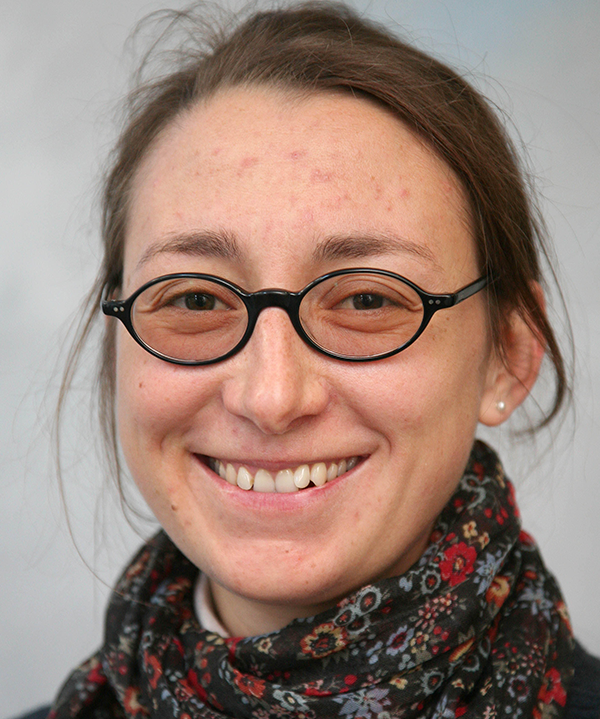
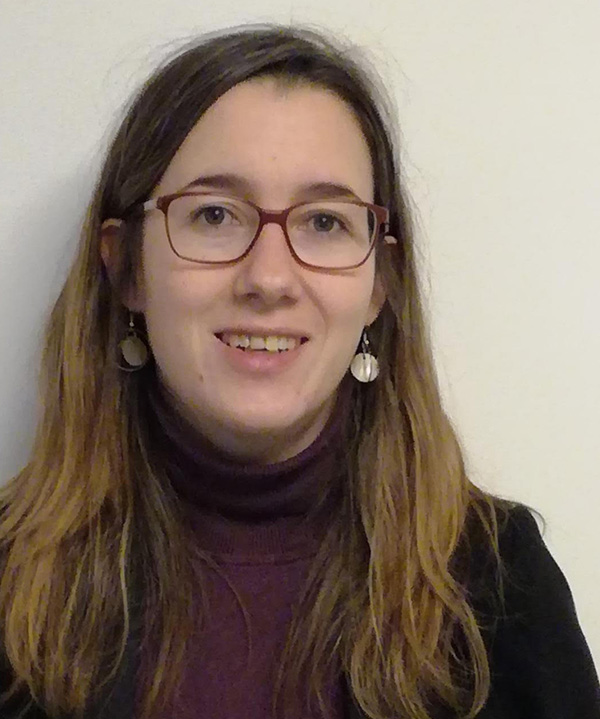
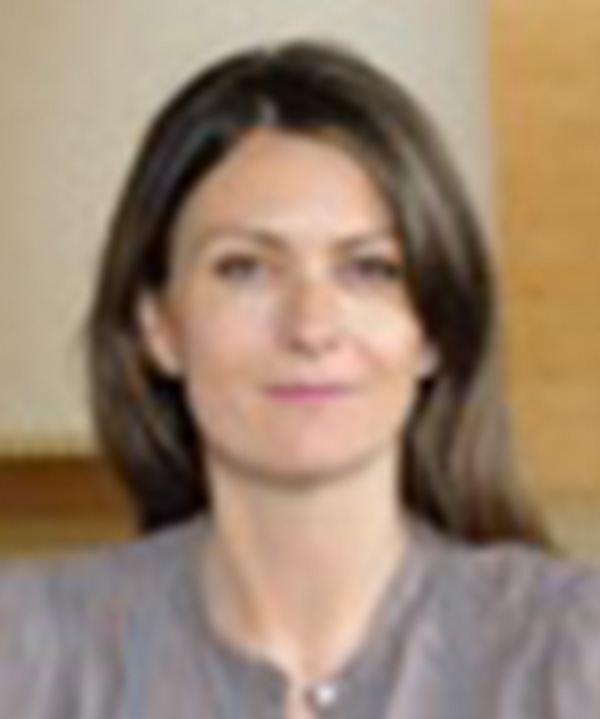
GERMANY
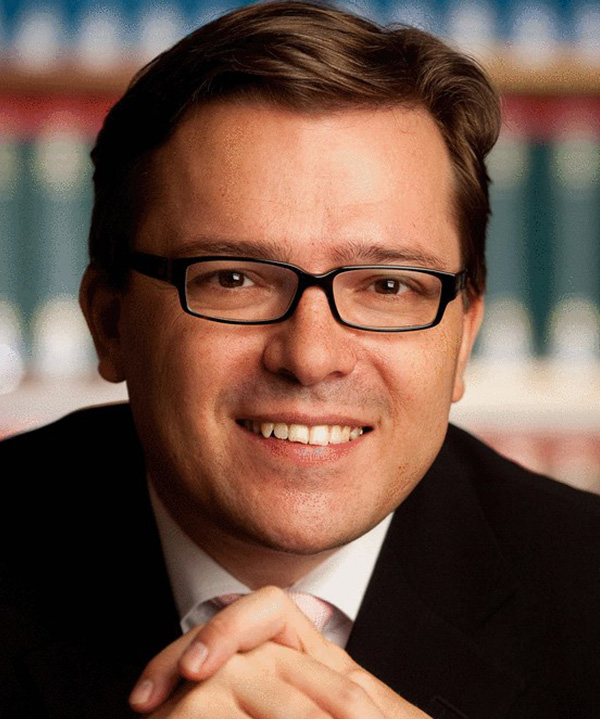
HUNGARY
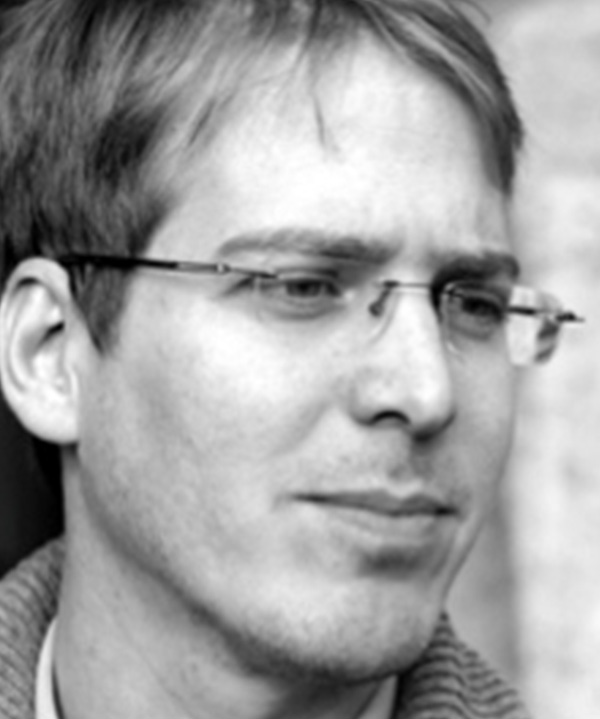
IRELAND
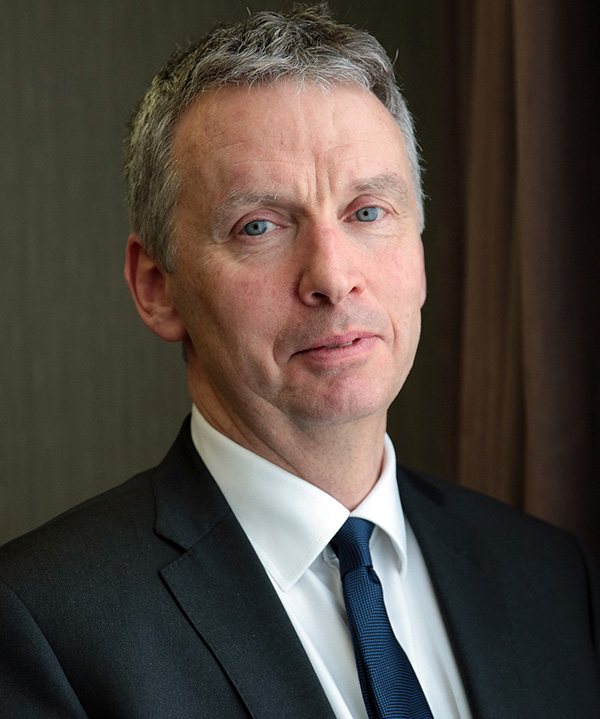



ITALY

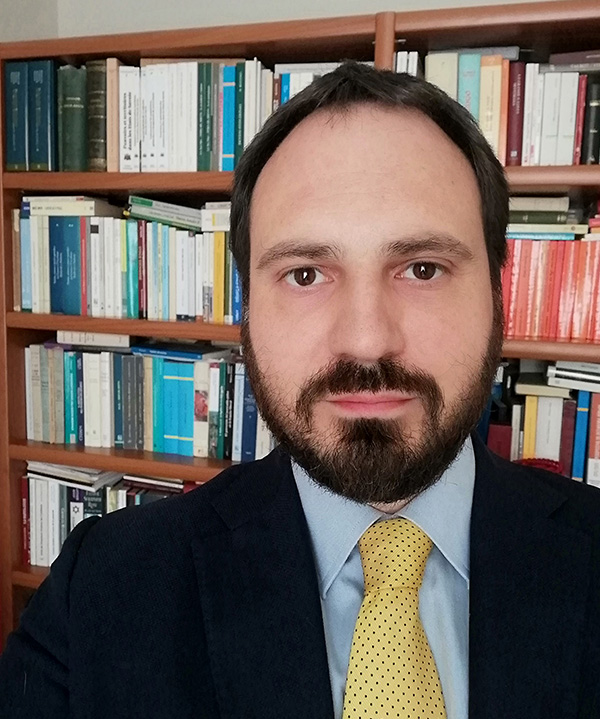

POLAND
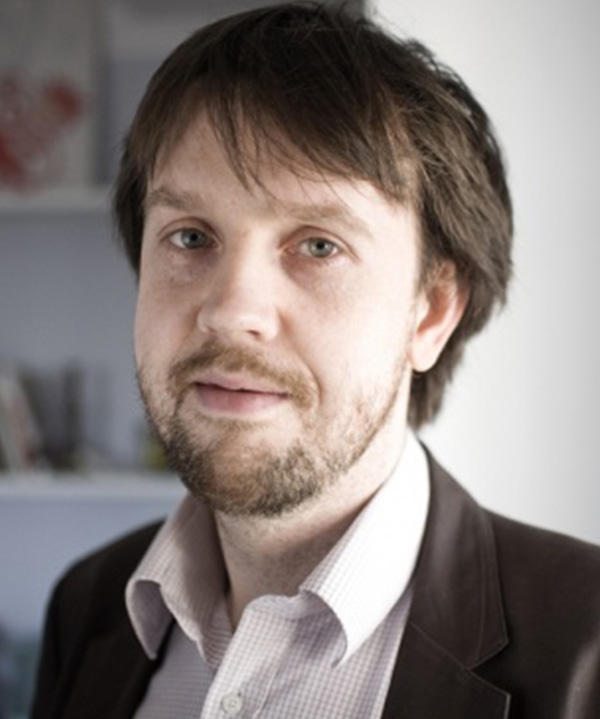
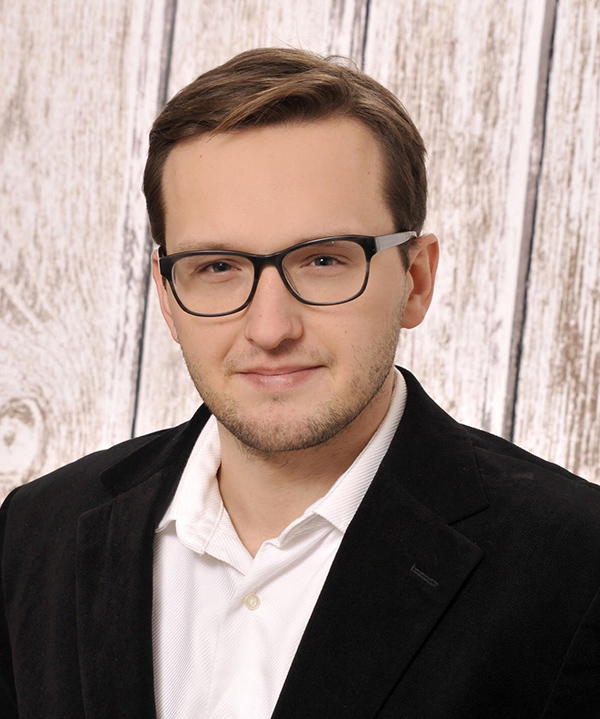

PORTUGAL
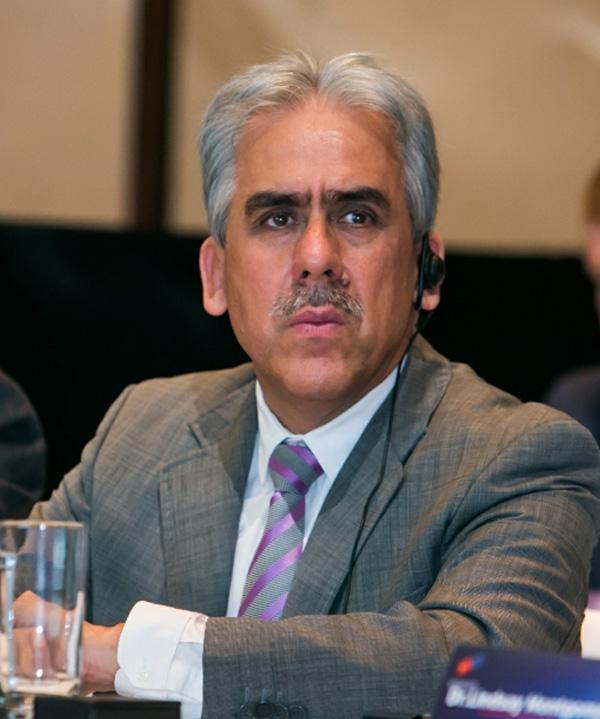
SPAIN
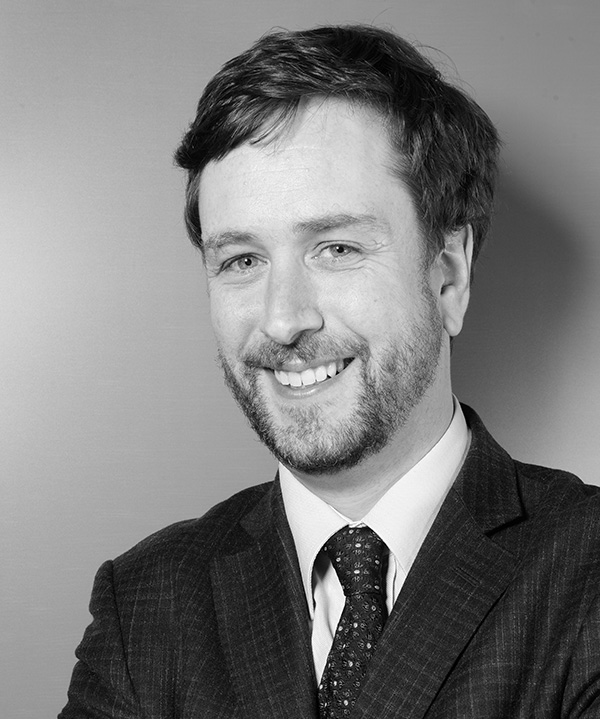
MALTA
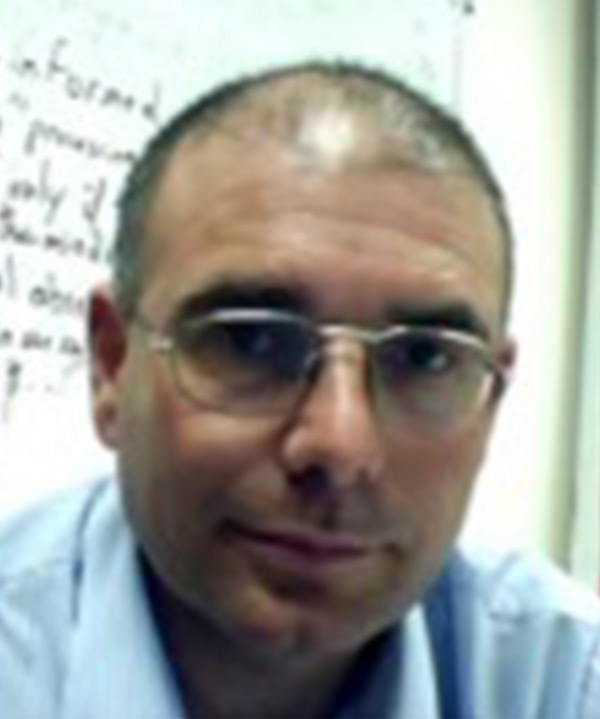
NETHERLANDS
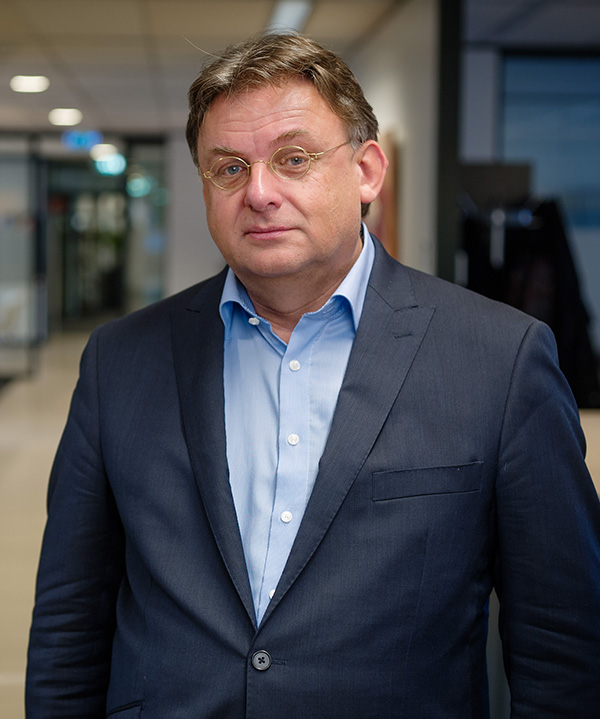
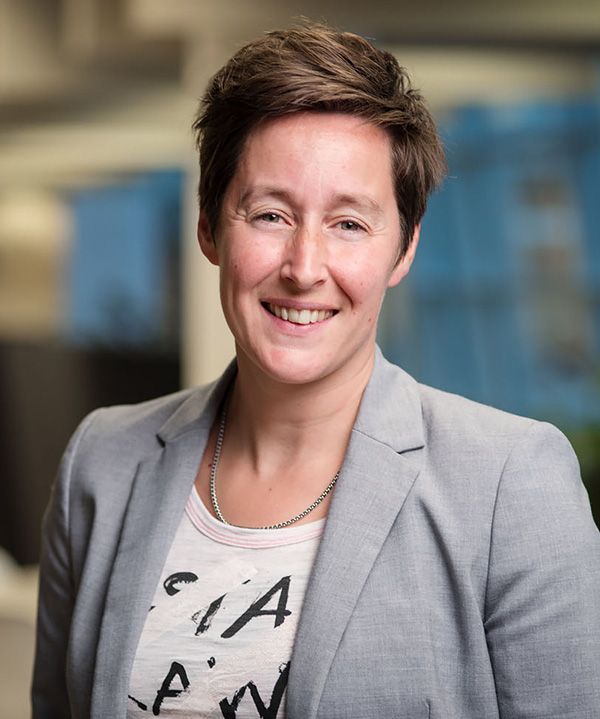
UNITED KINGDOM
ENGLAND AND WALES
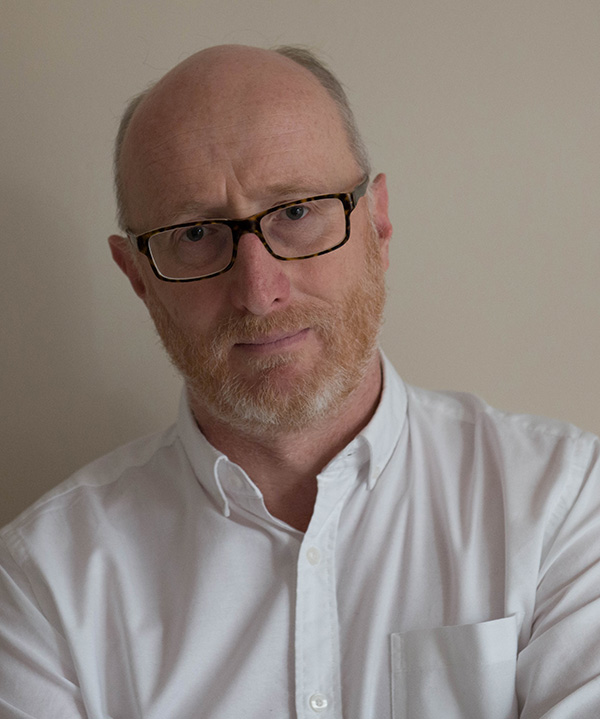
SCOTLAND
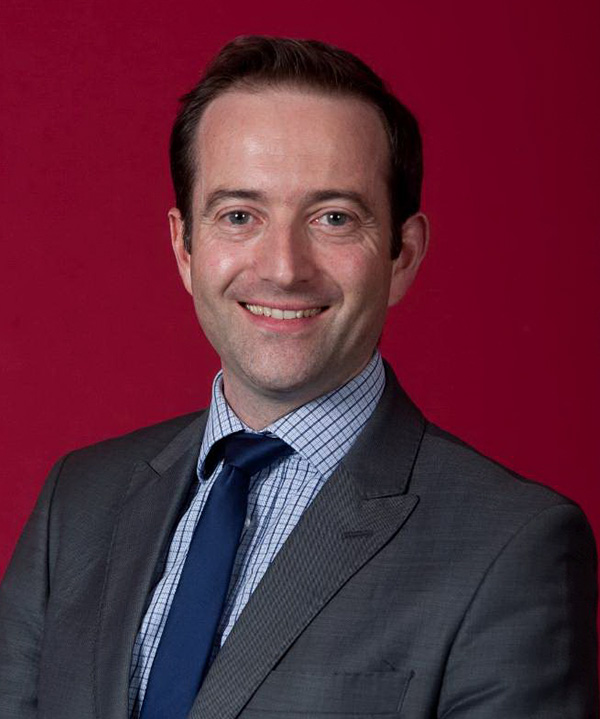
ASIA
BANGLADESH
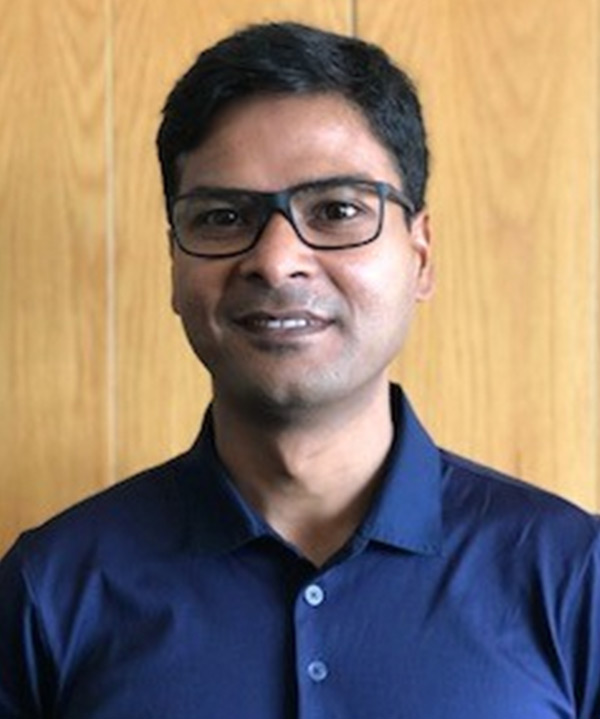
Mostafa’s research interests lie in international law, political economy, social movement and global governance. His research particularly seeks to insert the knowledge and power of ‘people’ – beyond citizens, experts and population – into international law narratives. Drawing on a series of interviews with poor women in rural Bangladesh, his doctoral thesis has explored how inequality as a global phenomenon gets regularized through a set of legal and normative techniques. He is currently working on two new projects, one on the bargaining power of weak actors in global value chains and another on the management of humanitarian crises in international law.
Mostafa has taught undergraduate courses in international law, private law, and jurisprudence. At Curtin, he teaches public international law and introductory units in tort and contract. He came to Curtin from Flinders University, where he coordinated introduction to torts (jointly with a colleague) and the Flinders law research seminar series. Formerly a Lecturer at BRAC Law School, he practiced briefly with the law firm of Dr Kamal Hossain & Associates in Dhaka and was admitted as an Advocate of the Supreme Court of Bangladesh.
BHUTAN
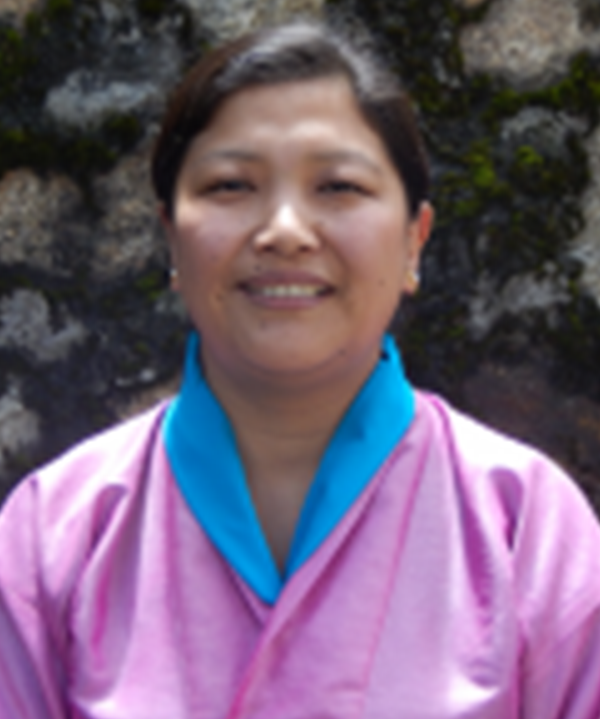
CAMBODIA
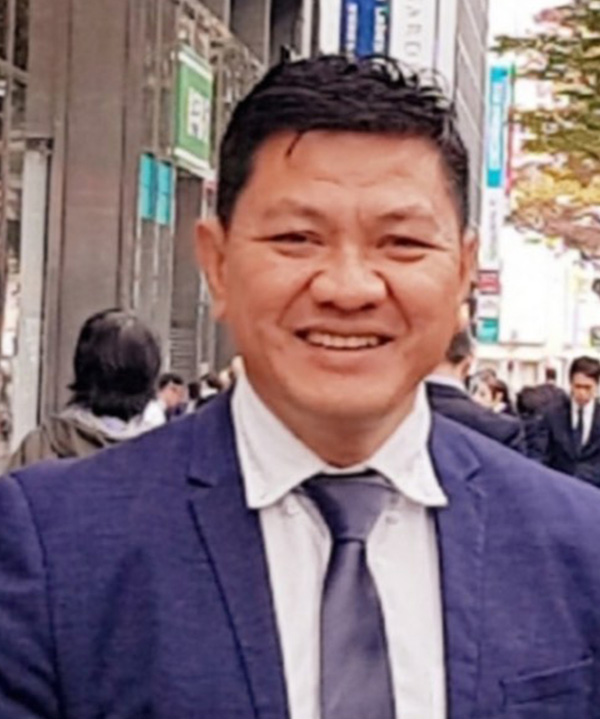
CHINA
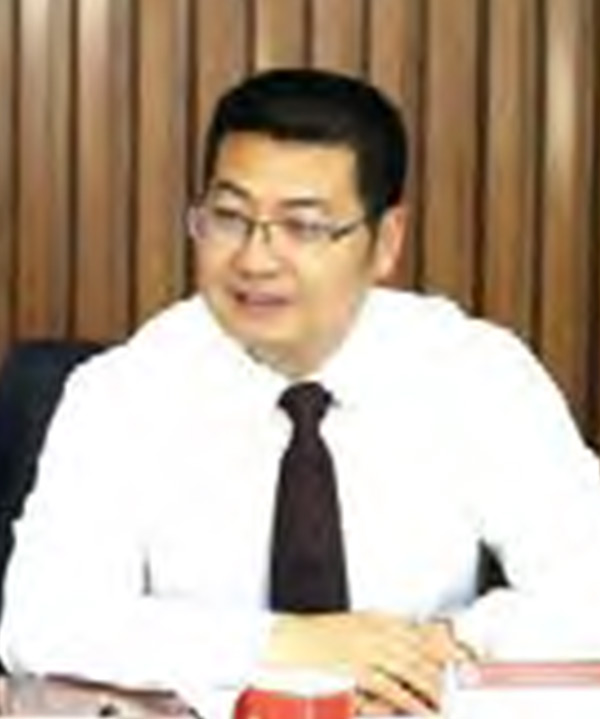
Professor Wu studied philosophy at the Faculty of Philosophy, Zhengzhou University (1992-1996) and criminal procedure law at the Post-graduate School, CUPL for his Masterʼs degree and Ph.D. degree (1996-1999, 1999-2002). Since 2002, as a full-time researcher at CUPL, he teaches and researches in the fields of criminal procedure law, evidence and criminal justice, with particular emphasis on philosophical, comparative and international perspectives. In the following years, as an elemental member, he joined several legislating activities of legal drafts, e.g. the draft of Uniform Evidence Law led by Prof. Wei Jiang in 2004; Model Code of Criminal Procedure law led by Prof. Weidong Chen in 2005; the Revision of Organic Law of the People’s Courts of the People’s Republic of China led by Prof. Chongyi Fan in 2005; the Expert Draft for Re-amendment to Criminal Procedural Law led by Prof. Guangzhong Chen in 2006. Now, he is also the Executive Chief Editor of Zhong Guo Su Song Fa Pan Jie (Journal of Procedural Law Cases), and Associate Chief-editor of Su Song Fa Xue Yan Jiu (Chinese Journal of Procedural Law).
In 2012, working with Mr. Lihua Tong, China’s Public Interest Law Leader, and professor Yongzhong Gu, an outstanding professor of law and criminal defense counsel, he founded the Criminal Legal Aid Research Center at CUPL. Besides running a consultation service hotline, a criminal legal aid website and representing some typical cases, the Criminal Legal Aid Researcher Center focuses on the policy and practice of the Procedure for Review of Death Sentences in the People’s Supreme Court of China. Two main projects of the Center was finished in past years: One is the Innocence Project which is the first legal aid project for indigent prisoners of murder cases in China. Another is the research on the Legal Aid System of Death Penalty Cases reviewed by the People’s Supreme Court.
19th January, 2018, National Institute of Legal Aid was established with the support of China University of Political Science and Law and MOJ and Professor Wu was appointed as the first dean of NILI. As the first think-tank institute on legal aid in China, NILA is committed to strengthen the academic research on basic theories, legislation policy and implementation problems, aiming at providing a solid theoretical foundation for the long-term development of legal aid system in China. Now, NILA is working closely with the Legal Aid Agency and National Legal Aid Center, the Ministry of Justice of China on the draft of the on-coming Legal Aid Law.
INDIA
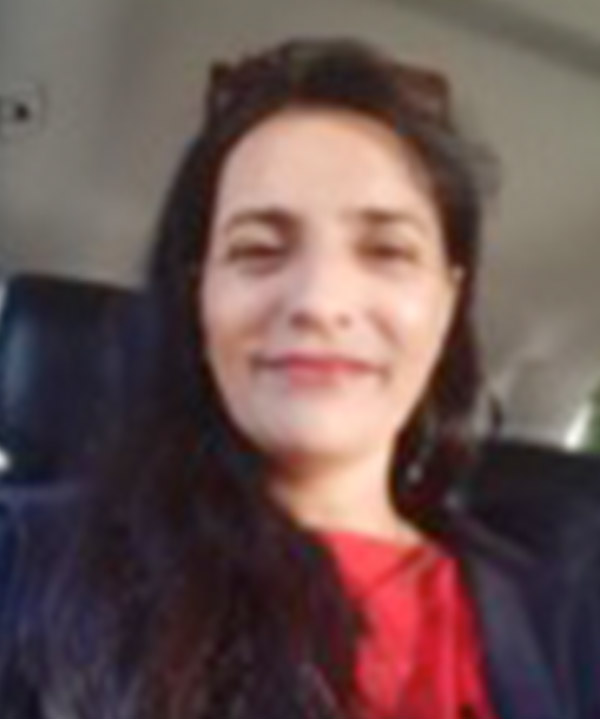
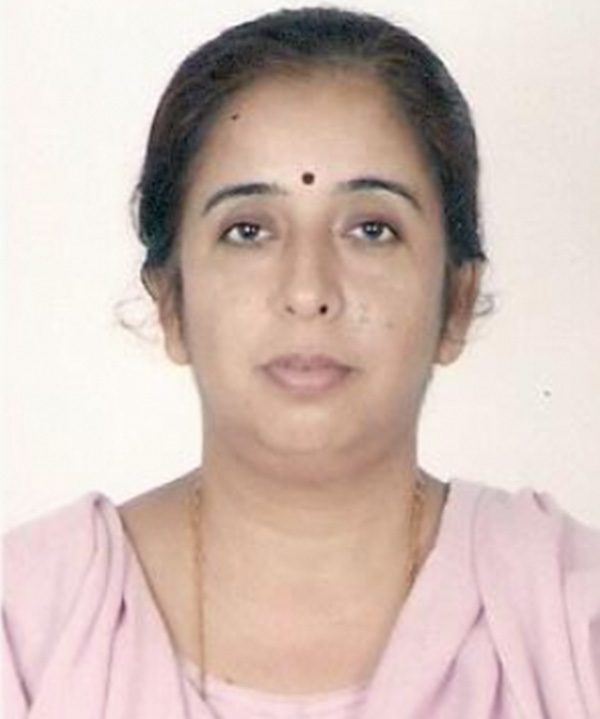
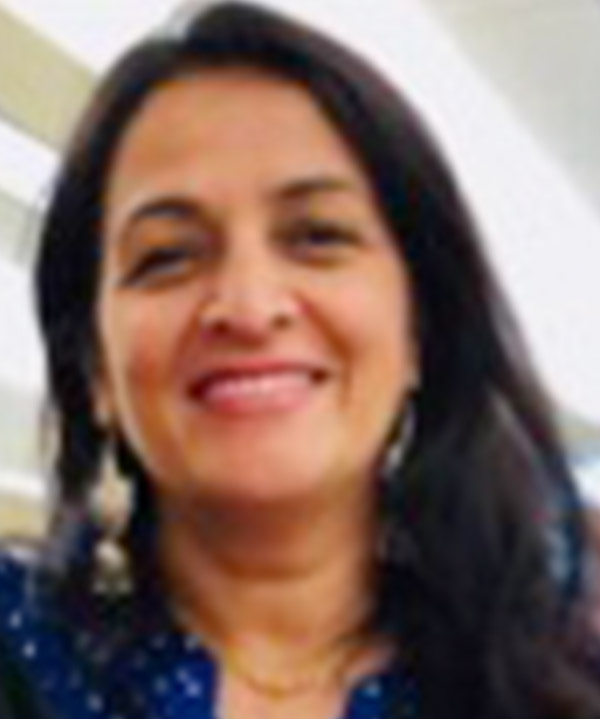
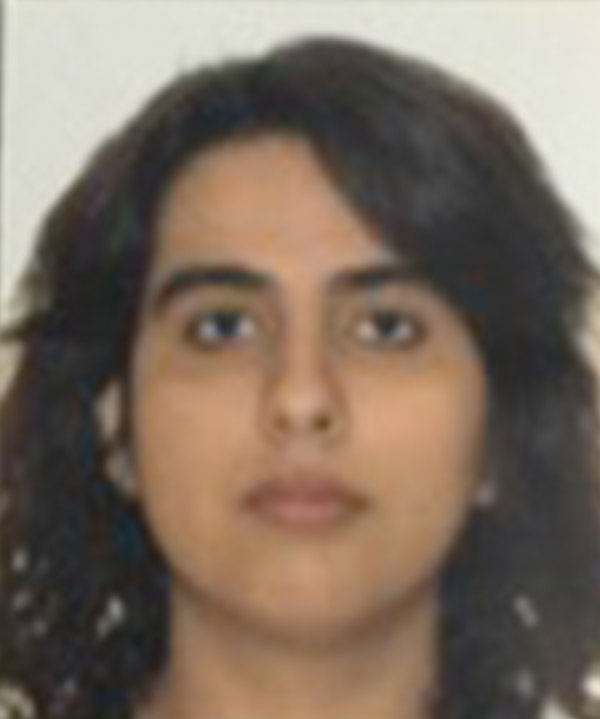
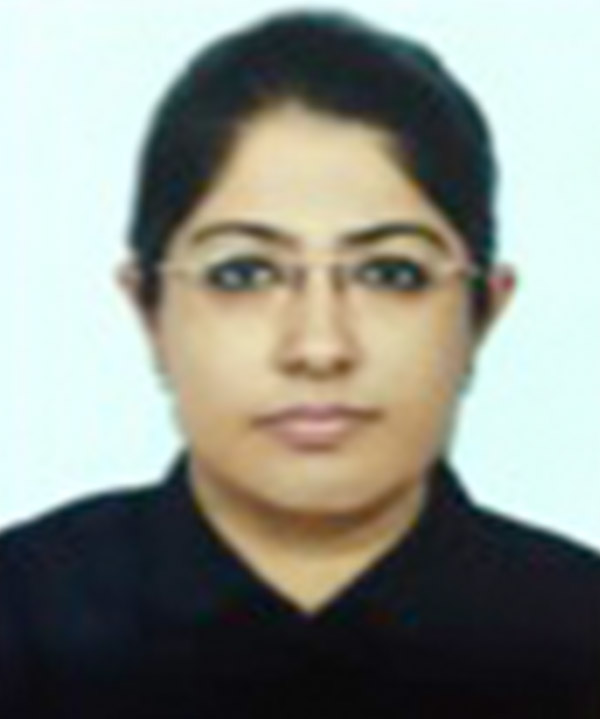
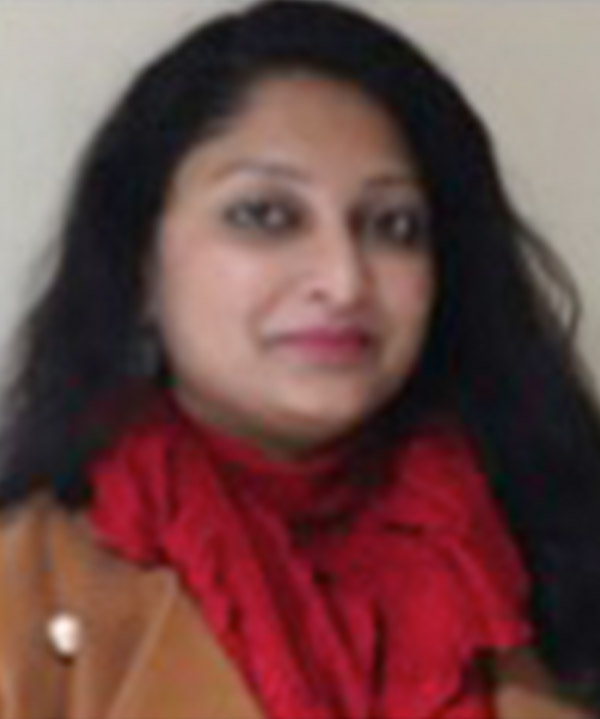
INDONESIA
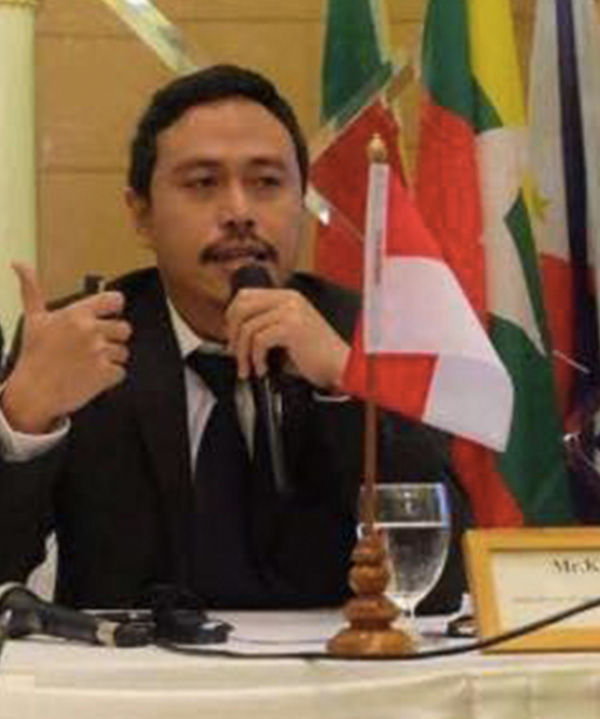
JAPAN
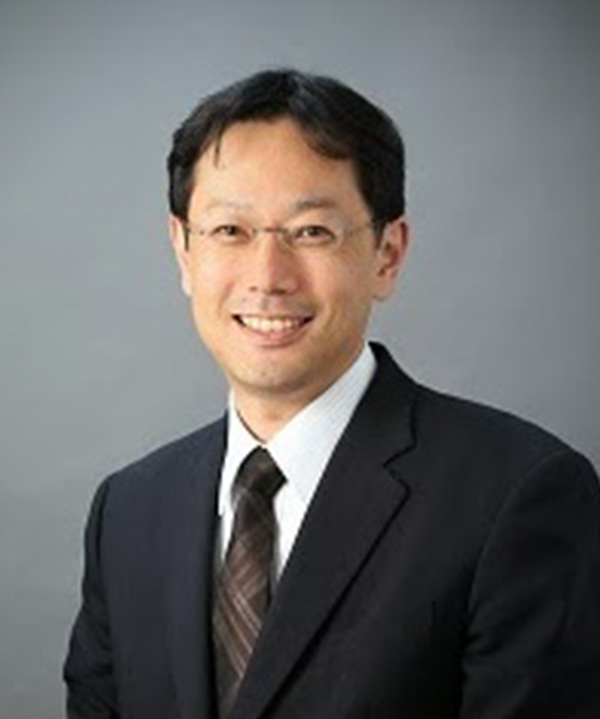
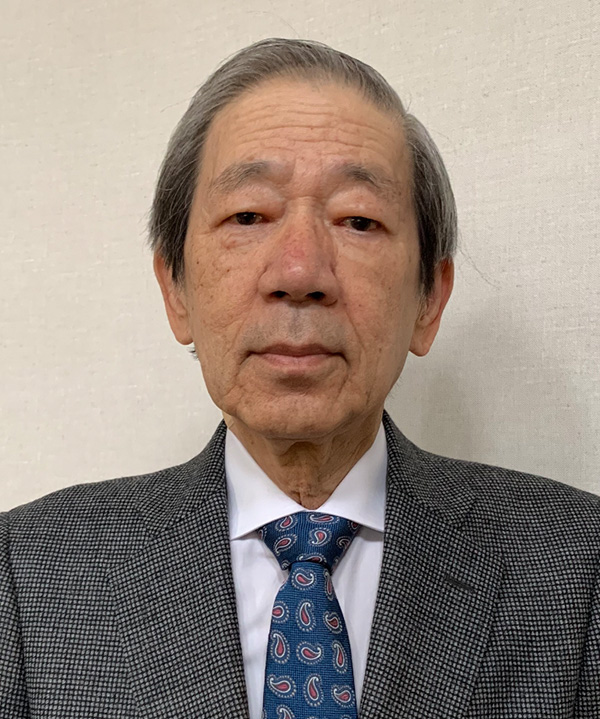
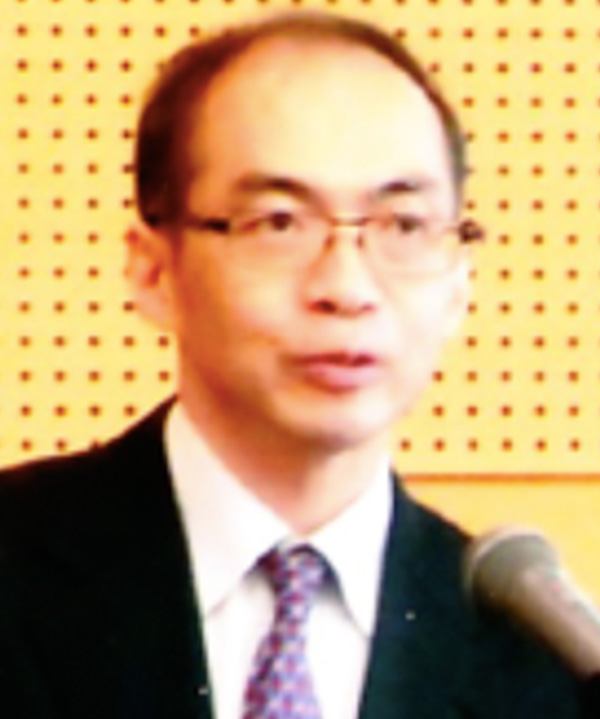
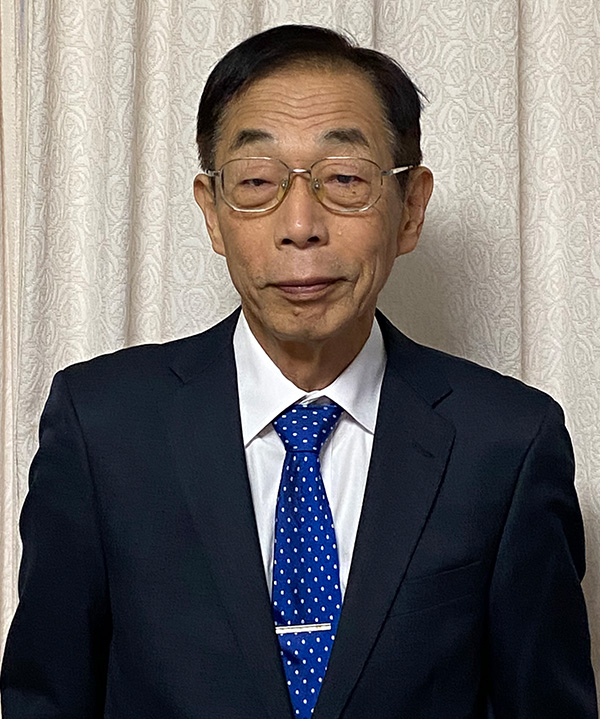
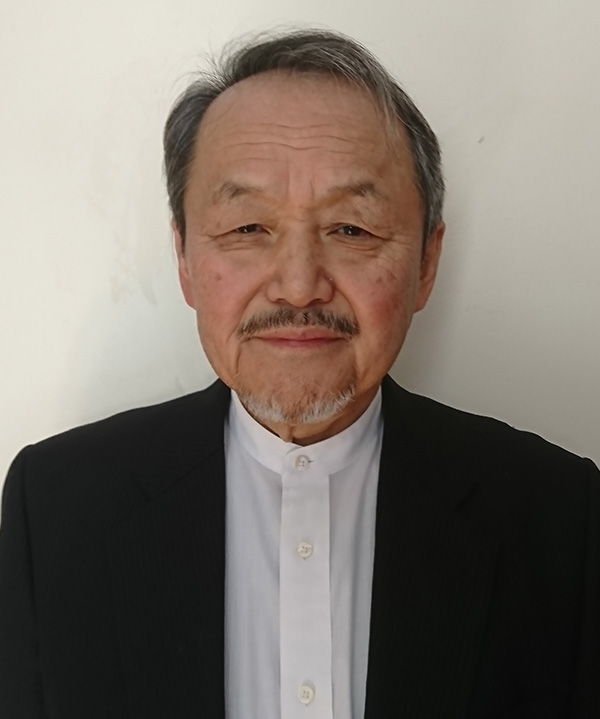
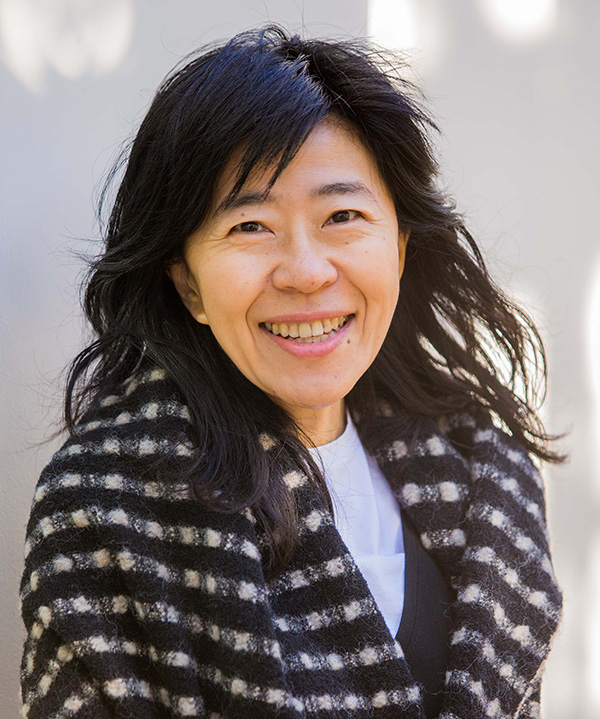
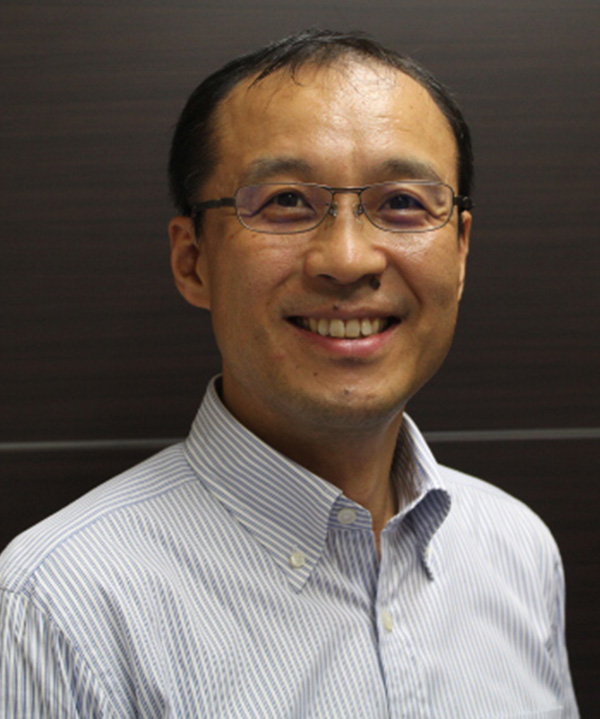
LAOS
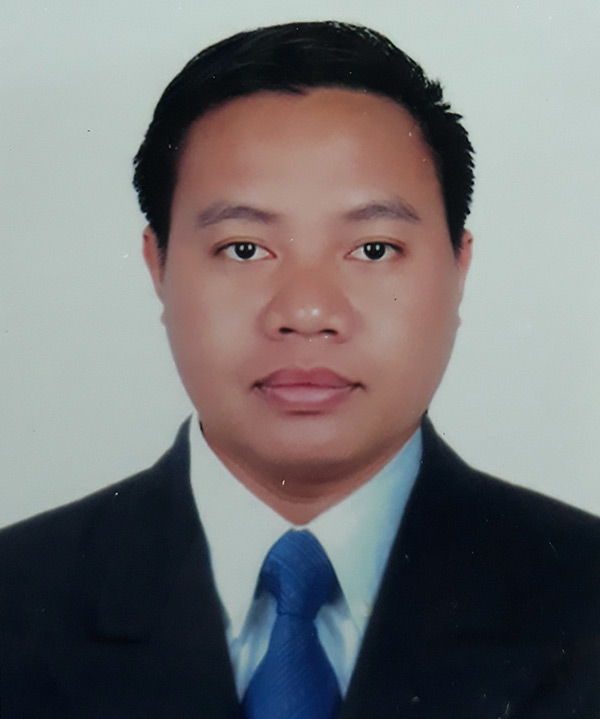
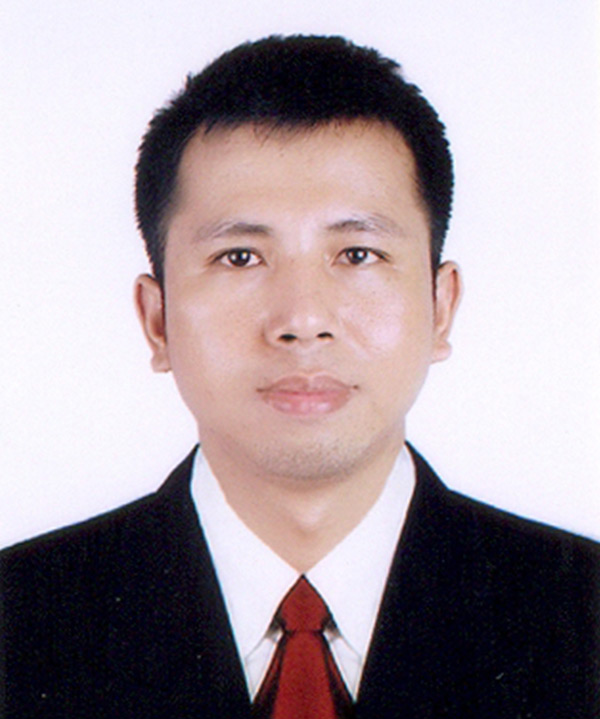
MACAU
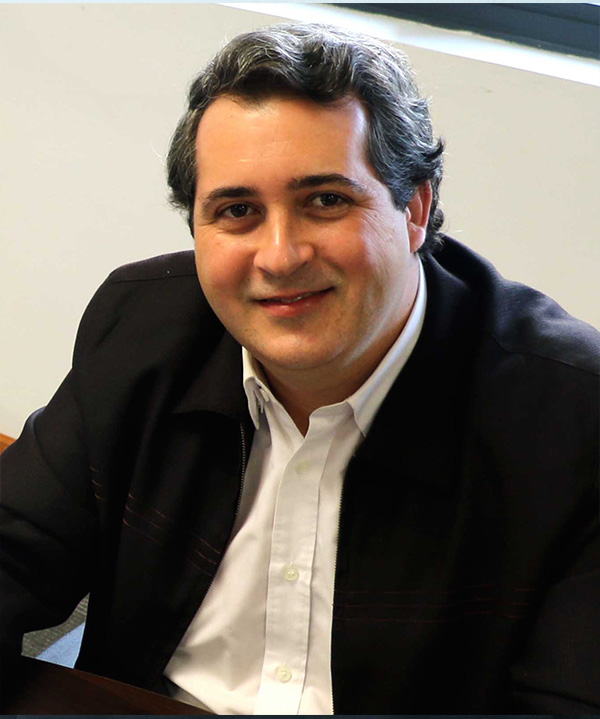
MALAYSIA
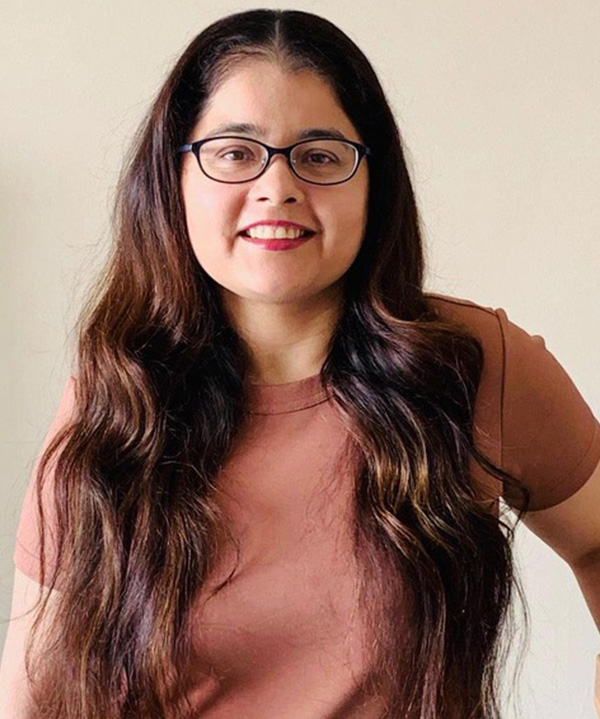
MALDIVES
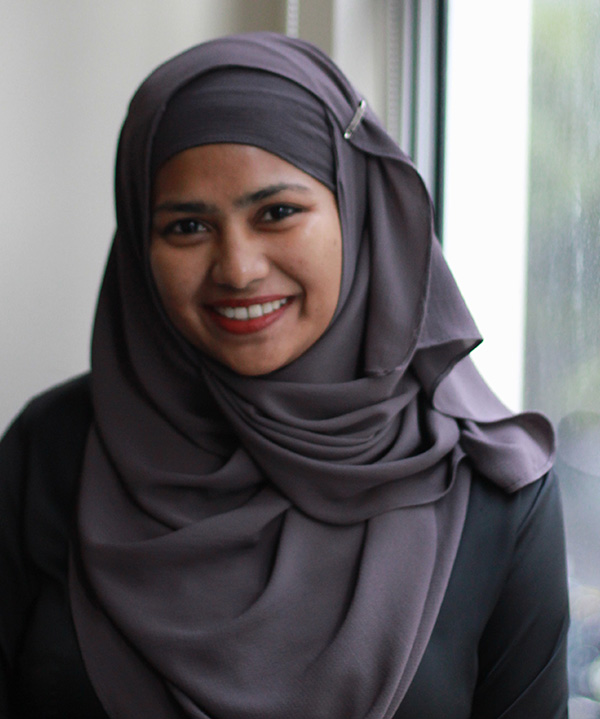
During Ms. Mohamed’s time as a practicing attorney, she took on a number of pro bono cases, where she represented, in various capacities, marginalized people whose fundamental rights were at stake. Ms. Mohamed has remained consistent in advocating for justice sector reforms, which she believes to be pre-requisites for justice to be accessible for everyone in the society.
Ms. Mohamed aims to specialize in human rights law and is passionate about research and reforms on the subject.
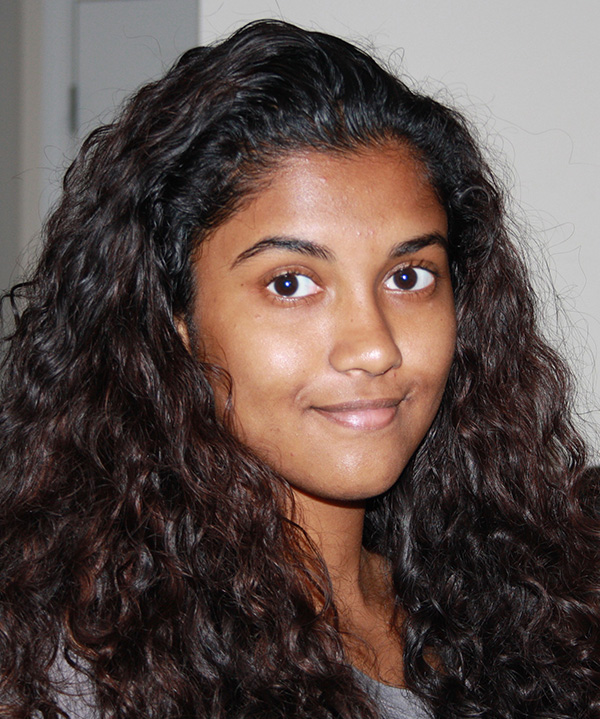
Ms. Shamaal is a Director of the Maldives Law Institute, and has been an active member of the NGO since 2017. She has organized several projects during her tenure there. Most notably, Ms. Shamaal is the project coordinator for the ‘Practical Legal Training’ programme, carried out with UNDP, where the organizations aim to train and empower community paralegals to ensure access to the legal system in the geographically remote islands of Maldives. She has also travelled to the islands as part of the programme, and conducted training workshops on various fields of law.
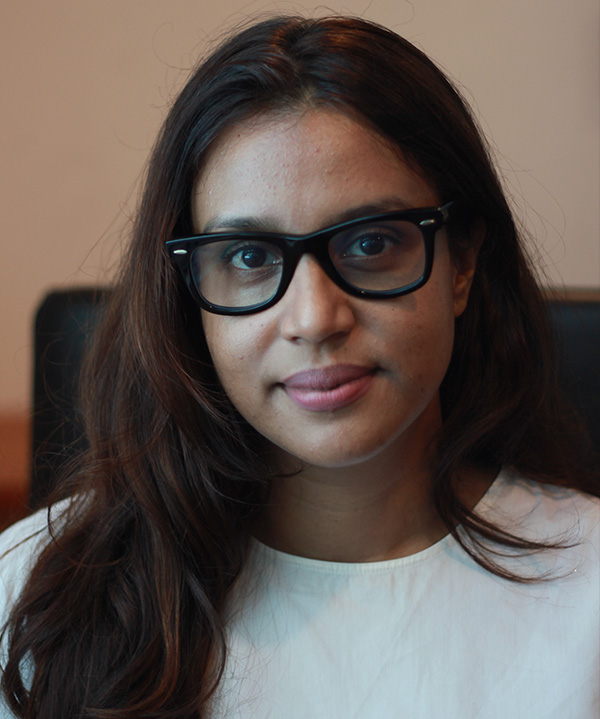
After completing her studies, Ms. Shihab worked for an insurance litigation firm, HBM Lawyers, in Australia before returning to the Maldives where she joined the Ministry of Economic Development as the Legal Advisor to the Minister of Economic Development. Ms. Shihab subsequently worked at Dhivehi Raajjeyge Gulhun PLC, following which she joined the Maldivian law firm Suood & Anwar LLP, as a senior associate, in September 2013. She was appointed as a partner at the firm in early 2015, and she worked there until the end of 2017, where her primary focus of work was corporate law, employment law and tourism real estate.
In early 2018, Ms. Shihab went on to establish Salih, Shihab & Co., a law firm specializing in corporate and commercial practice.
She has been a member of the Maldives Law Institute since 2012, and currently serves on the Institute’s executive board. Ms. Shihab is also the author of the first comprehensive text on employment law in the Maldives, titled ‘Maldives Employment Law – With Emphasis on Private Sector Employment’, and published by the Maldives Law Institute in 2017.
MONGOLIA
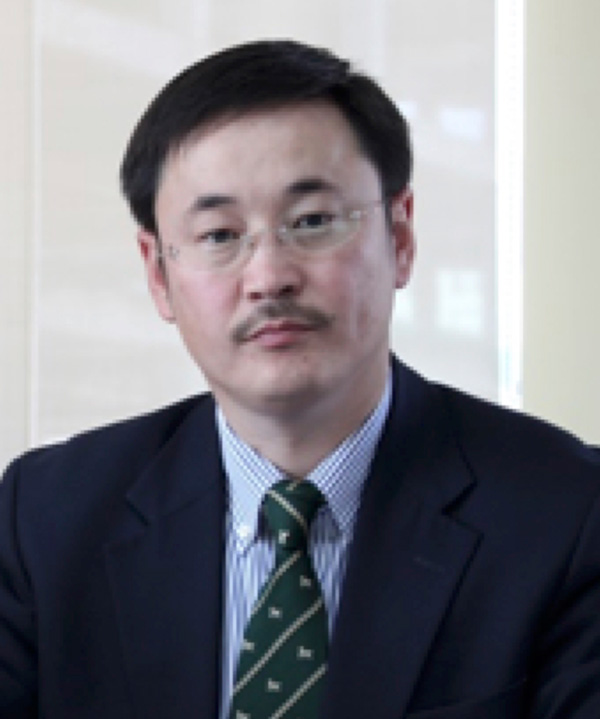
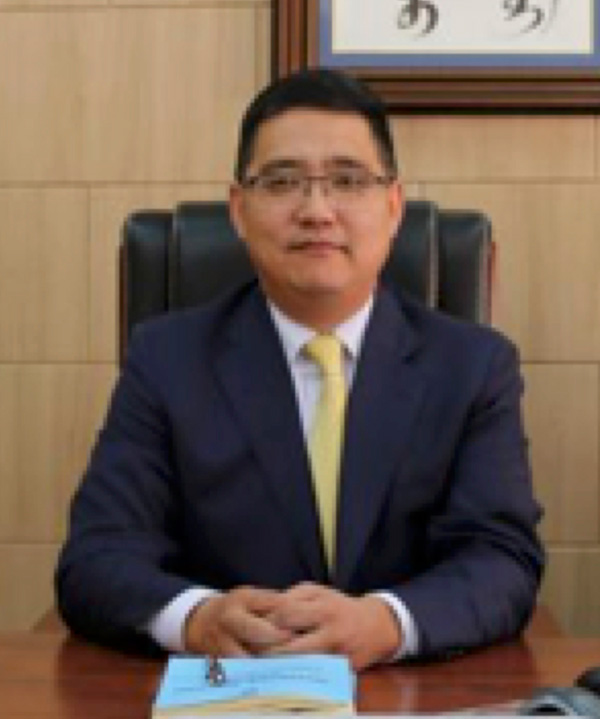
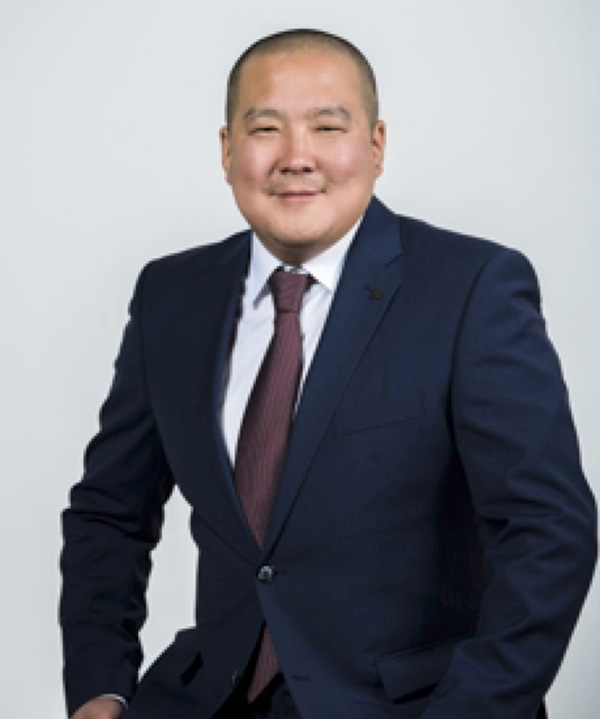
NEPAL
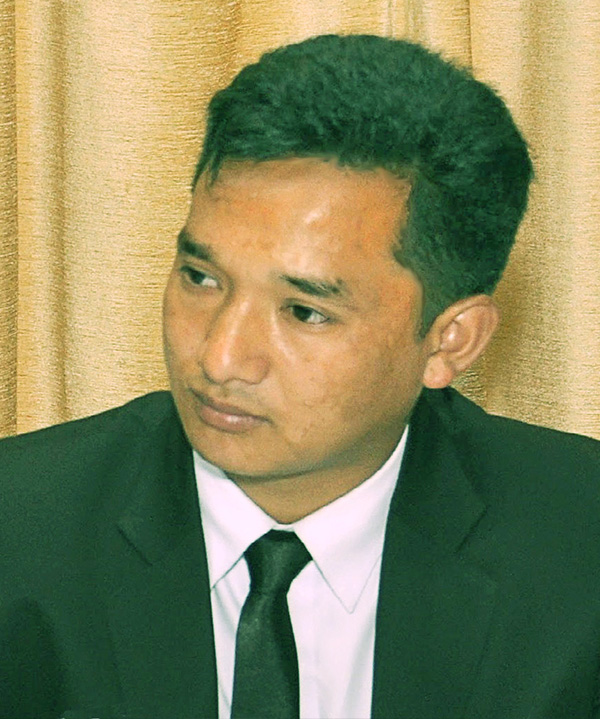
PAKISTAN
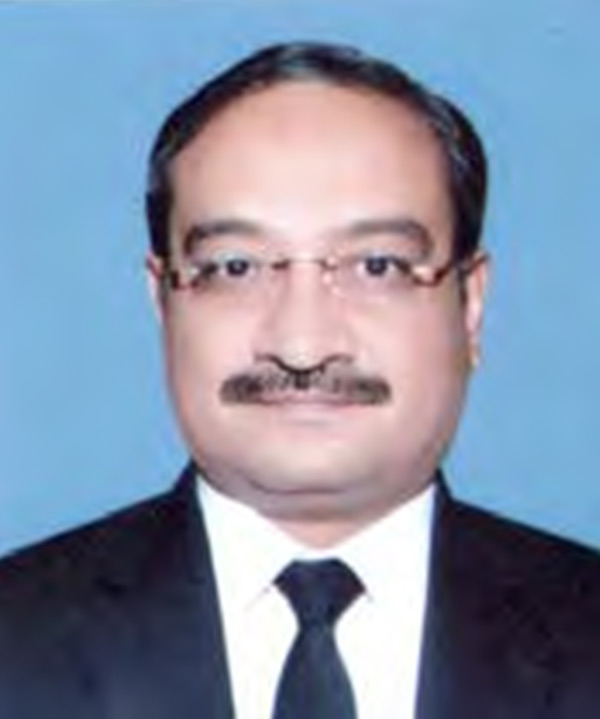
Conducted more than 1000 cases including some reported judgments during 20 years standing in profession at Bar, on the sides of Constitution, Civil, Criminal, Corporate, Banking, Customs, Narcotics, Anti-Corruption, Labour, Immigration, and Islamic Laws including PrivateInternational Law. Also conducted the cases of public interest litigation and human rights etc. He participated and represented in many Law Conferences, Peace Conferences, Seminars etc. and read research papers.Since his elevation as a Judge of Lahore High Court, Lahore on 16thApril, 2012, he decided more than eighteen thousand cases, in Criminal, Civil, Constitutional, Human Rights, NAB, Banking and Company, Anti-Corruption, Narcotics, Murder References, Family, Rent, Labour jurisdiction. He worked at principal seat and at its all benches, Multan, Rawalpindi, Bahawalpur. Also conducted a judicial inquiry on the incident of Model Town, Lahore (June, 17, 2014) in which fourteen persons lost their lives. He attended the workshop at South Africa Legal Aidat the Legal Aid Center Johannesburg, on 23rdJanuary, 2017 and also attended Colloquium on “Integrating Environmental Law Training” in Johannesburg, South Africa from 25 January, 2017 to 27thJanuary, 2017, attended the ILAG Conference in Johannesburg, South Africa in 2017, attended 8th Water Forum in Brasilia, Brazil in 2018. He had also visited U.K, France, Germany, U.S.A, Iran, Iraq and Saudi Arabia.
PHILIPPINES
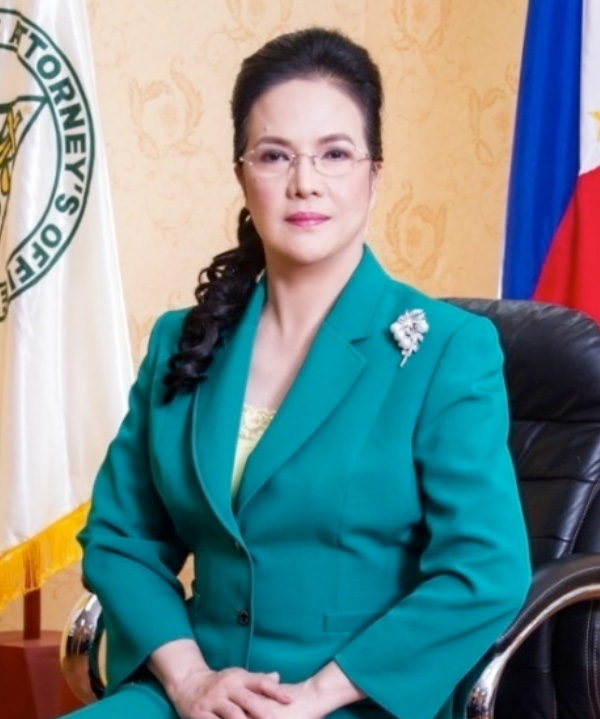
SINGAPORE

SOUTH KOREA

TAIWAN
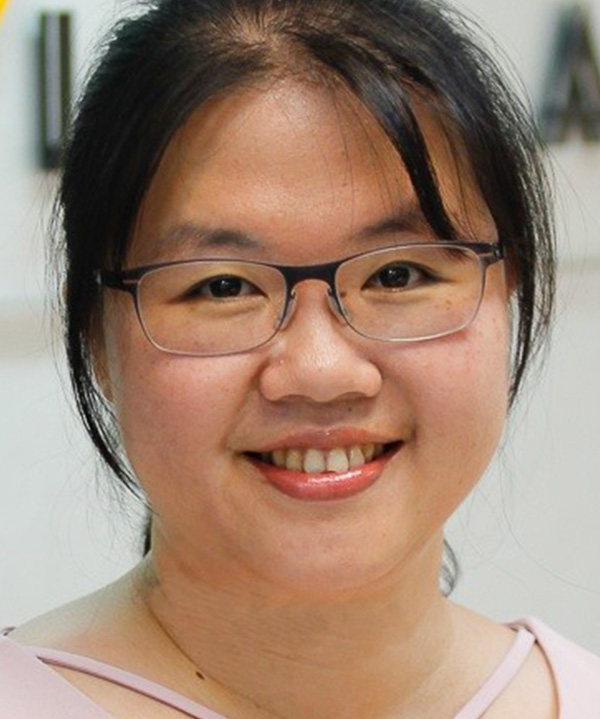
THAILAND
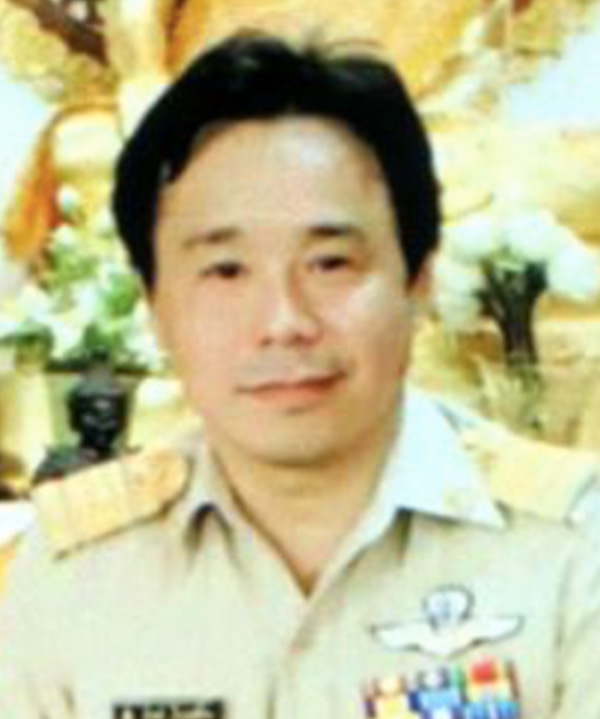
VIETNAM

OCEANIA
AUSTRALIA
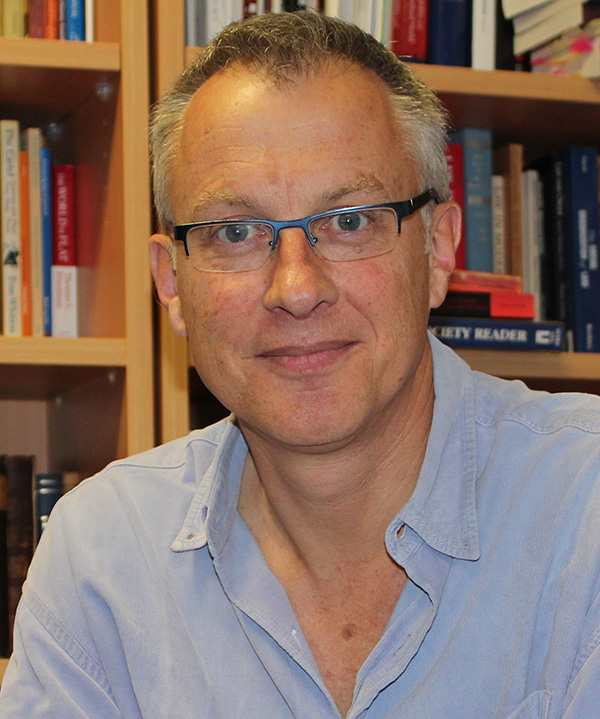
FIJI
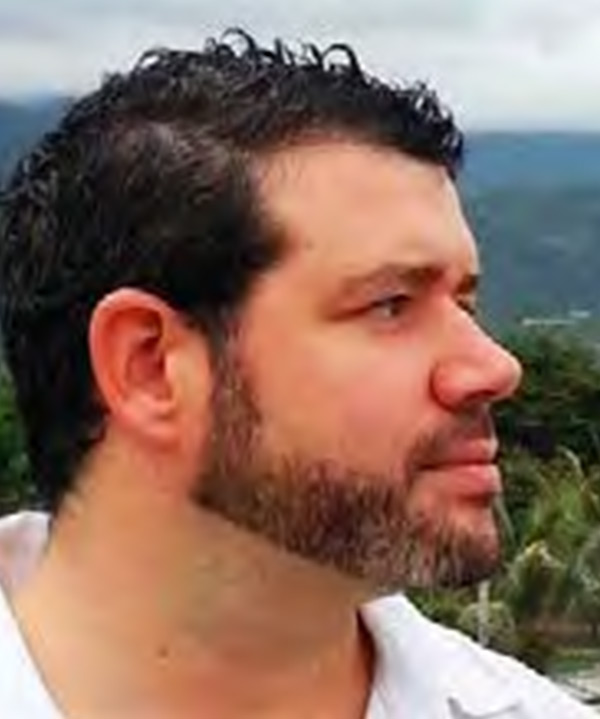
Originally from Ottawa, Canada, Andrew Harrington is the United Nations Development Programme’s Access to Justice, Rule of Law and Human Rights Programme Manager/technical specialistin the Pacific Office in Fiji.
Andrew has spent most of the past 15 years working internationallyon access to justice-related programming, bringing extensive justice experience in Canada, the United States, Netherlands, Kenya, South Sudan, Honduras, Mozambique, Timor-Leste, the Federated States of Micronesia, Western Samoa, Solomon Islands, Vanuatu, Tonga, and now Fiji.
As a Canadian-trained lawyer, he brings diverse legal experience, including private sector, government, international NGOs, and extensive experience with the UN system in with UNDP and UNODC. Andrew’s work on justice, security and human rights includes technical positions in diverse legal jurisdictions around the globe, including both common law and civil law jurisdictions. He has worked in external technical advisory roles for government, embedded in internal expert advisory positions with government, and managed external justice programming. He brings particular expertise in the interface between formal and so-called traditional justice system, domestic violence and trafficking in persons (led the consultation and drafting process for the 2017 Law to Prevent and Combat Trafficking in Persons, Timor-Leste – Lei No. 03/2017 – Lei da Prevenção e Luta contra o Tráfico de Pessoas e Quarta Alteração ao Código Penal). His last posting was with IOM in Timor-Leste where hemanaged a portfolio of projects, including counter-trafficking in persons, and led the IOM mission in Timor-Leste as Chief of Mission.
Presently with UNDP, Andrew has a regional justice advisory remit covering 14 Pacific Islands, and is managing a portfolio of projects relating to access to justice, rule of law and human rights. Specifically in Fiji, Andrew is working with the Fiji Legal Aid Commission in 3 separate projects entailing legal aid awareness raising and delivery to remote rural and maritimeareas under Project REACH, supporting an early access to justice pilot initiative –the First Hour Procedure–and supporting institutional strengthening under the Fiji Access to Justice Project.
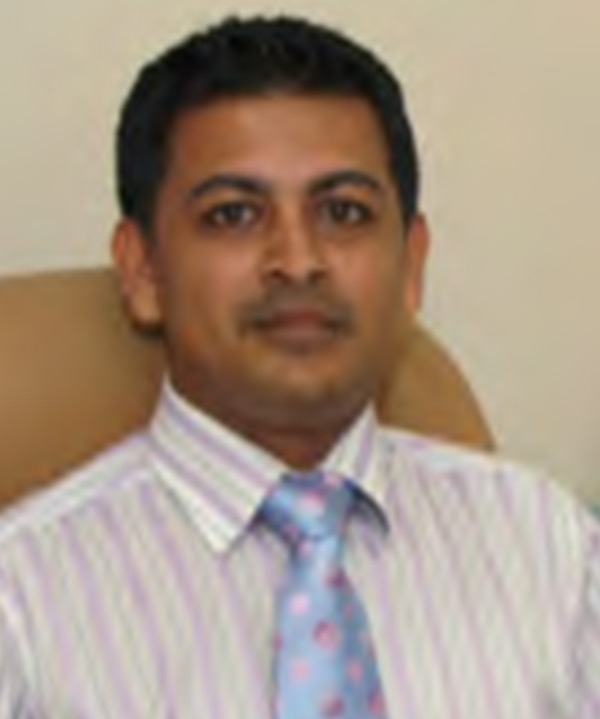
He has over 10 years of management and administration experience and is also a Barrister and Solicitor. He is passionate about the work the Commission does and feels privileged that he has the opportunity to serve the most disadvantaged and marginalised members of society through his work. He truly believes in “promoting greater access to justice for all Fijians especially those who are socially and economically disadvantaged.
NEW ZEALAND
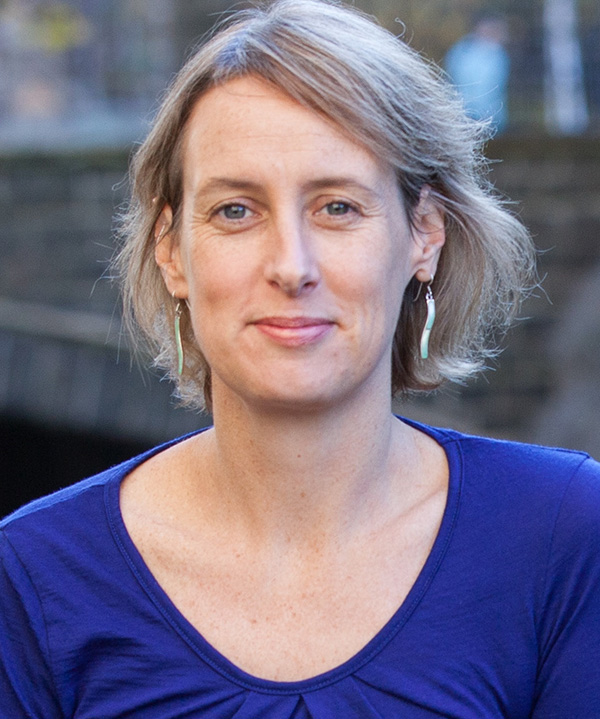



PACIFIC ISLANDS
Kiribati | Marshall Islands | Micronesia | Nauru | New Caledonia | Palau | Papua New Guinea | Samoa | Solomon Islands | Tonga | Tuvalu | Vanuatu

His publications include Corrin and Paterson, Introduction to South Pacific Law (4th ed, 2017); Farran and Paterson, South Pacific Property Law (2004); Paterson and Farran, South Pacific Island Land Systems (in press).
MIDDLE EAST AND NORTH AFRICA(MENA)
CYPRUS
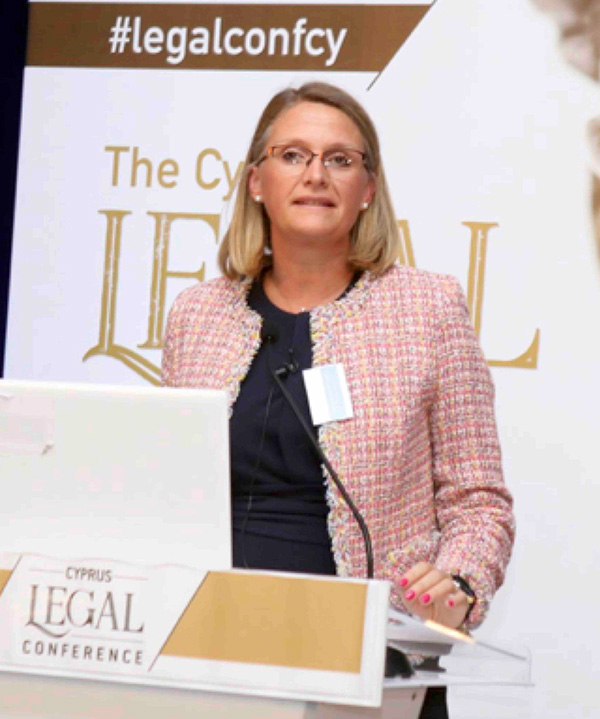
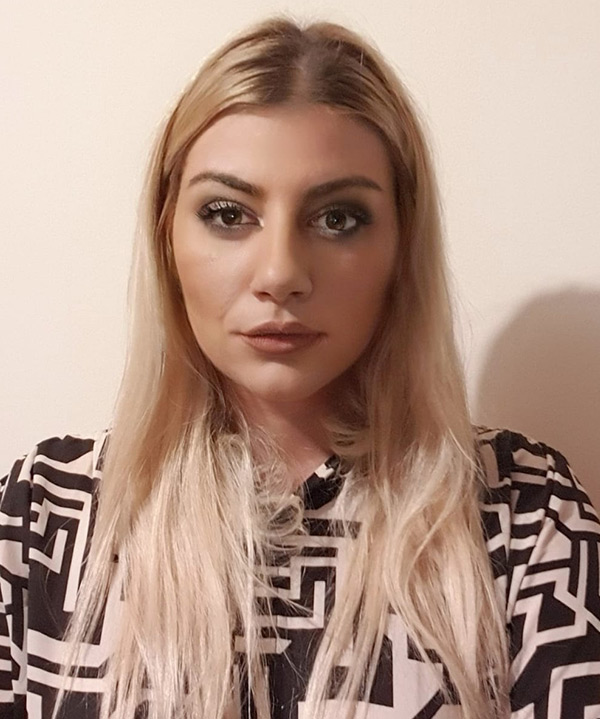
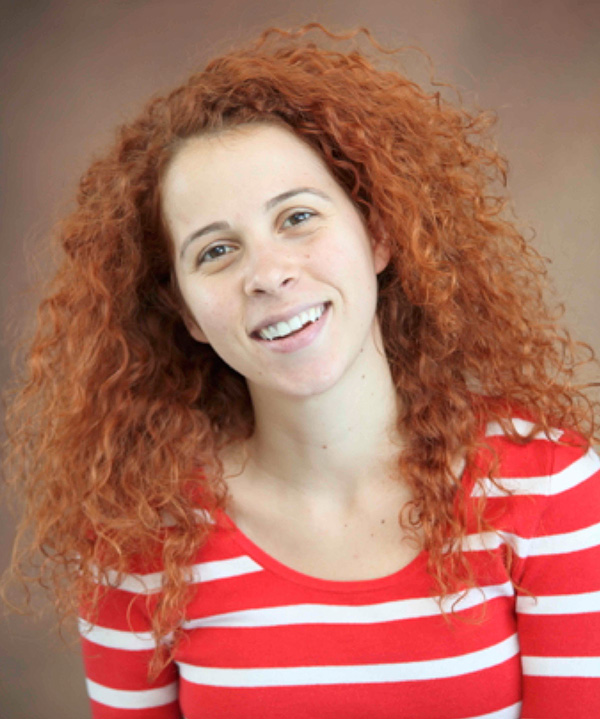
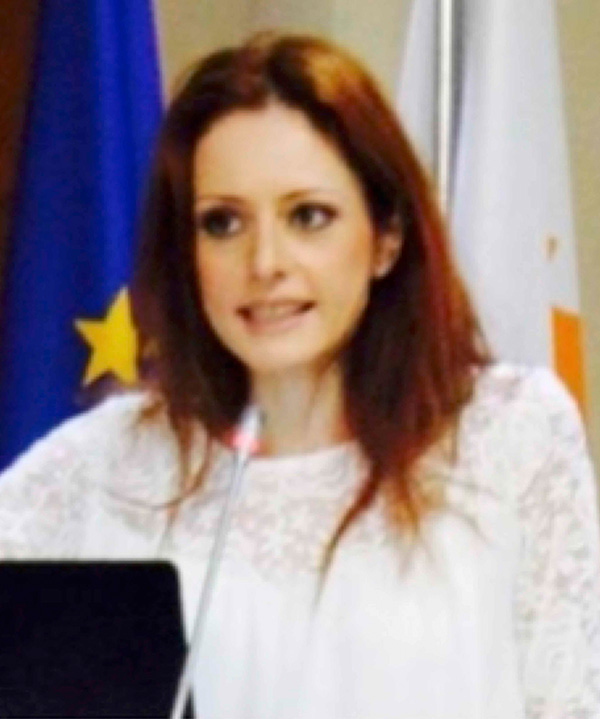
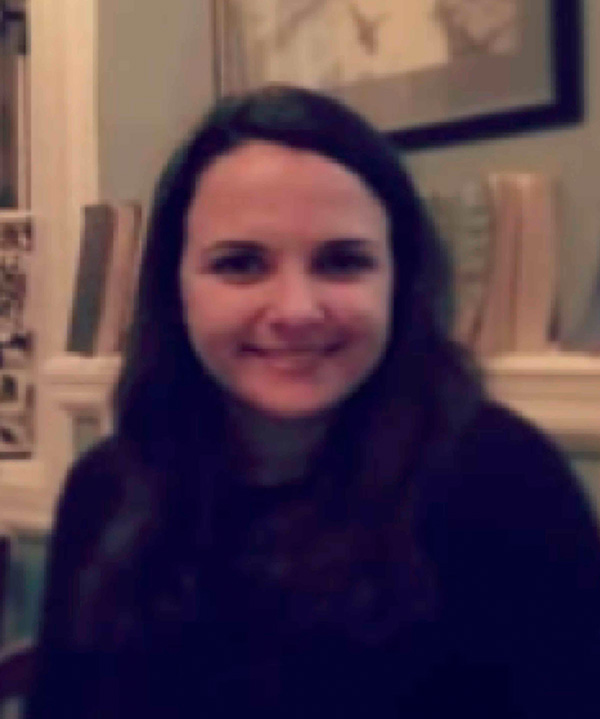
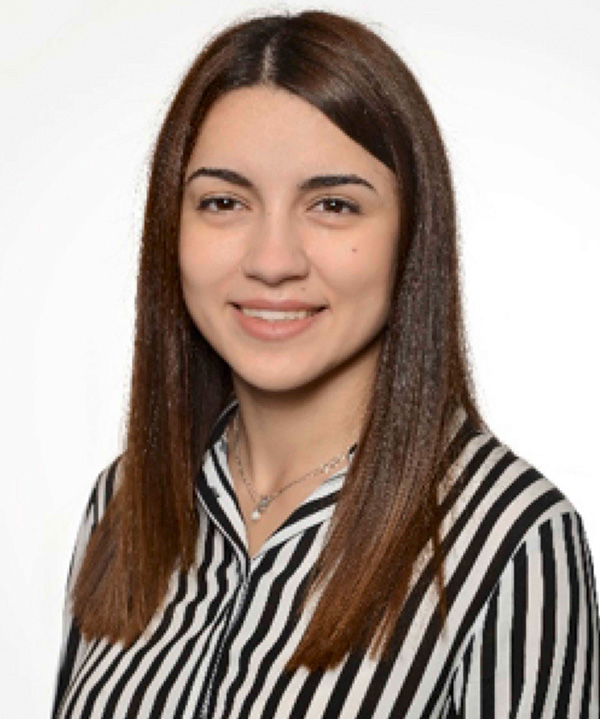
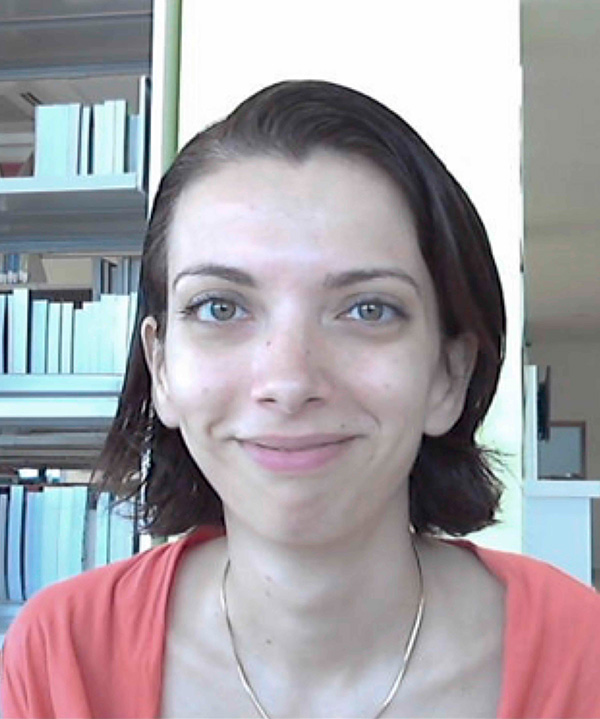
Demetra holds an LLB (Hons) from the University of Bristol, an LLM in International Law from the University of Edinburgh and a PhD in Law from the School of Oriental and African Studies, University of London. In her doctoral thesis, she explored the establishment and early jurisprudence of the International Criminal Court, focusing on the substantive law-making potential of the Court. Her main areas of expertise are international criminal law, international humanitarian law and human rights law. As a practising lawyer, Demetra specialises in corporate law, family law, and migration.
In addition to her professional experience as a practising lawyer, Demetra has also worked for the International Criminal Court (Visiting Professional), the European Commission (Short-Term Election Observer) and Aegis Trust (Banyan SOAS Advocate). Currently, she a Contributor to the online database ‘Oxford International Organizations’ (Oxford University Press). At the same time, Demetra is also a Post-Doctoral Research Associate at SOAS.
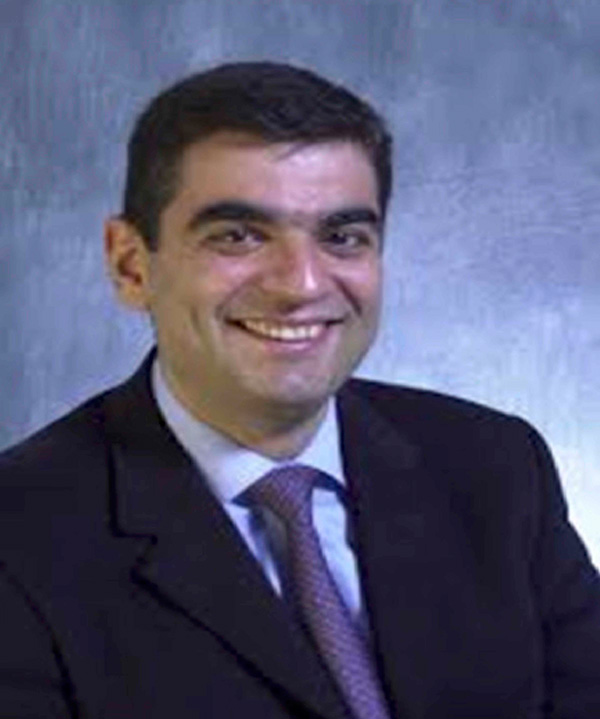

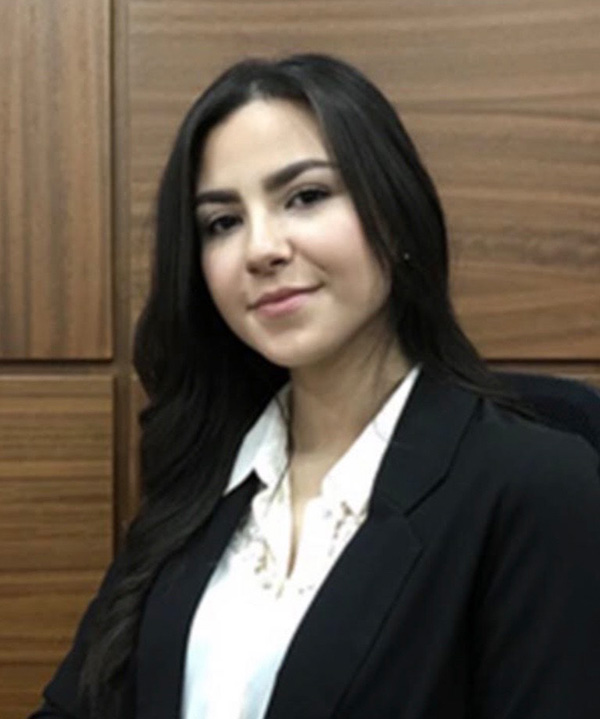
IRAN
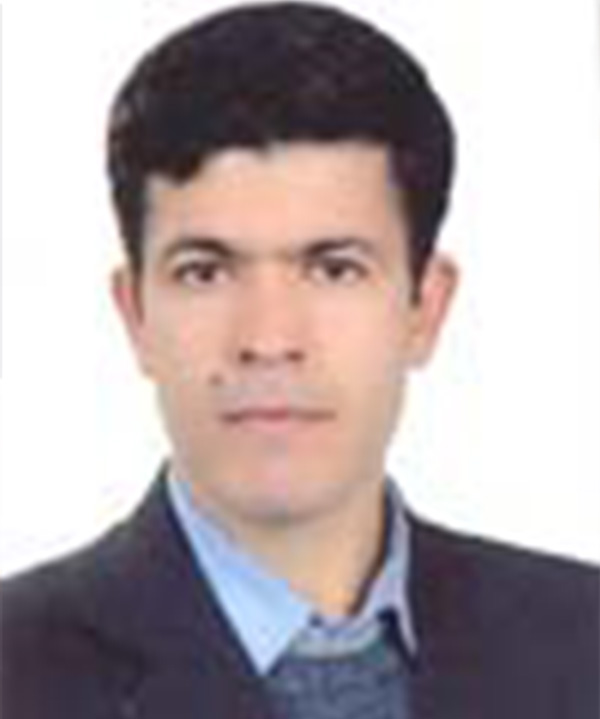
QATAR
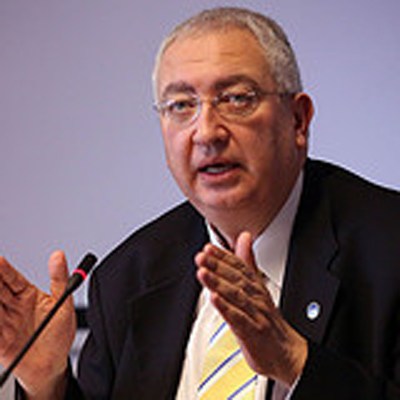
AFRICA
BOTSWANA
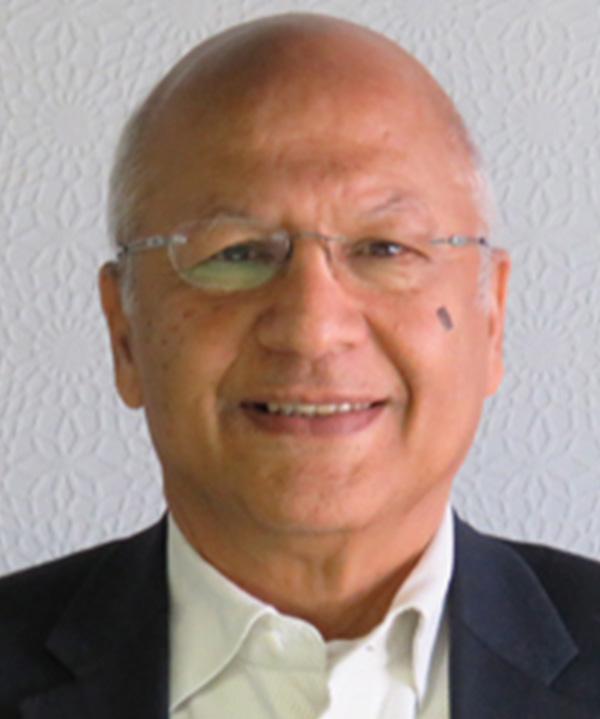
BURUNDI
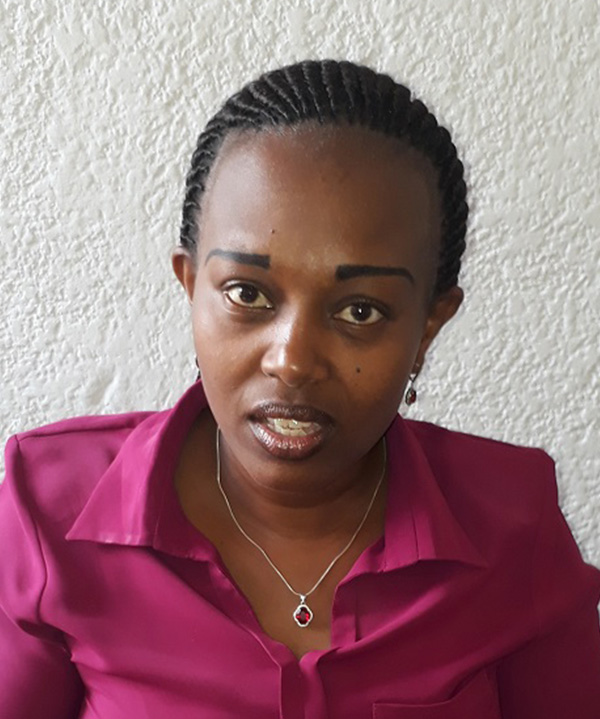
CAMEROON
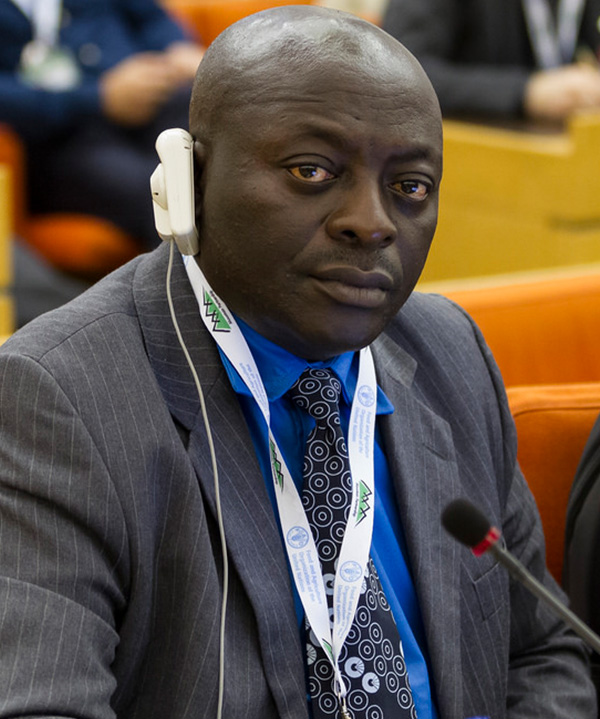
DEMOCRATIC REP. OF CONGO

ETHIOPIA
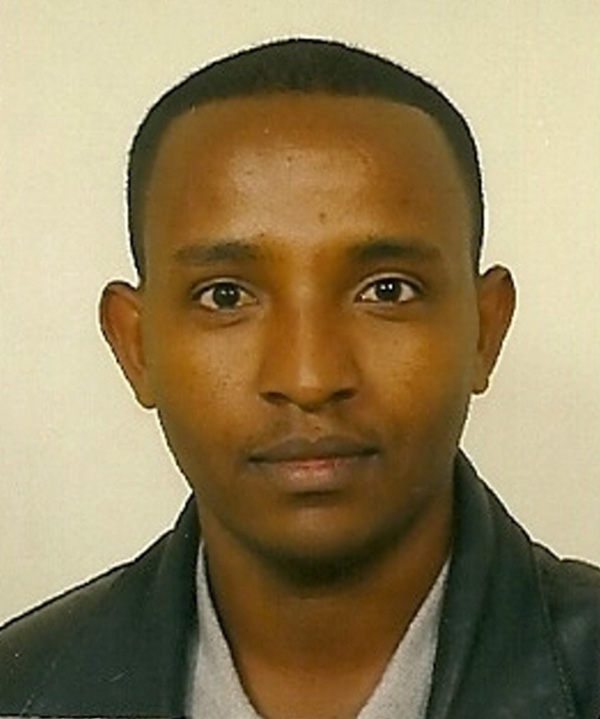
GHANA
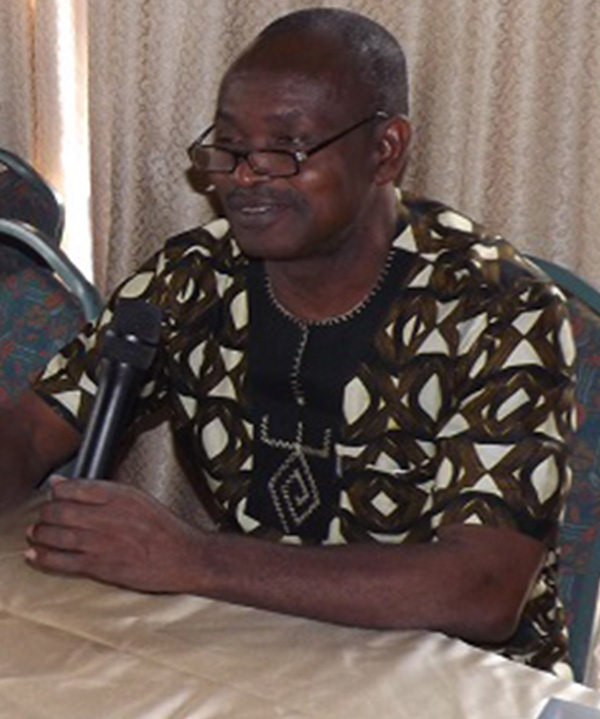
KENYA
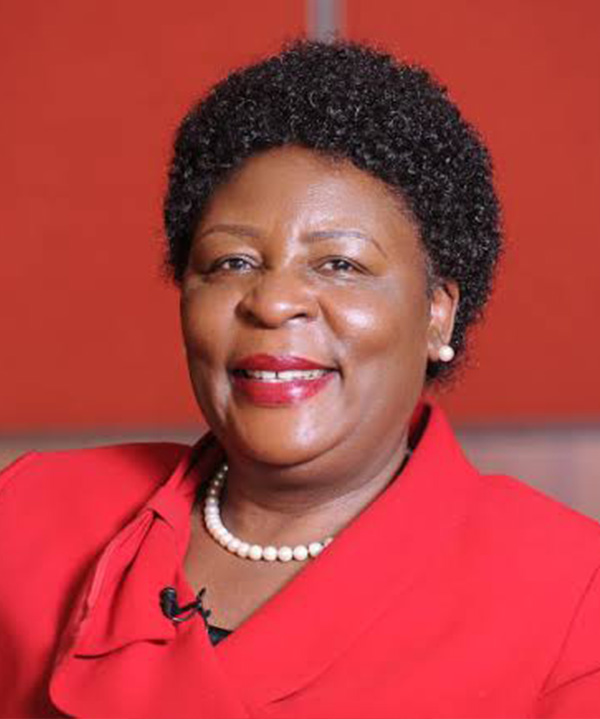
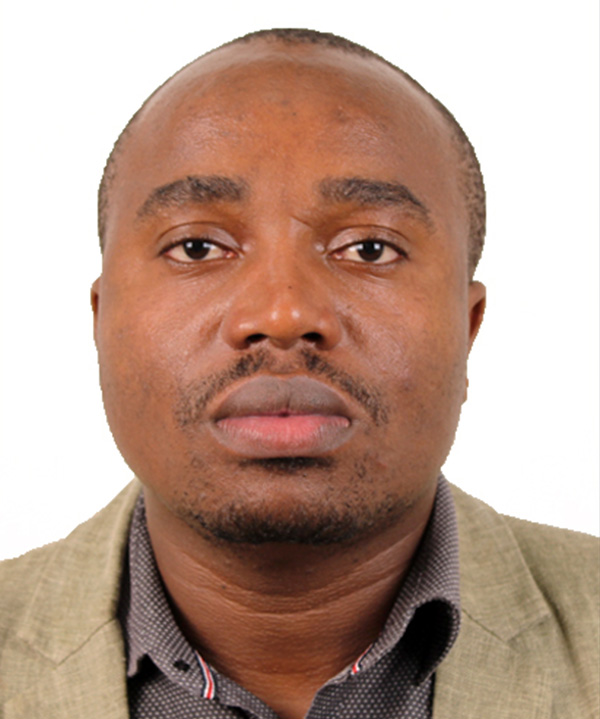
MALAWI
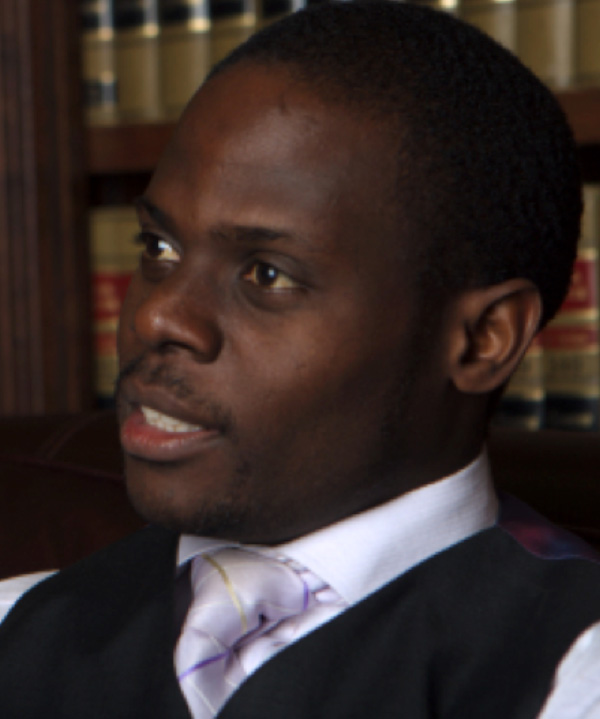

MOZAMBIQUE




NAMIBIA
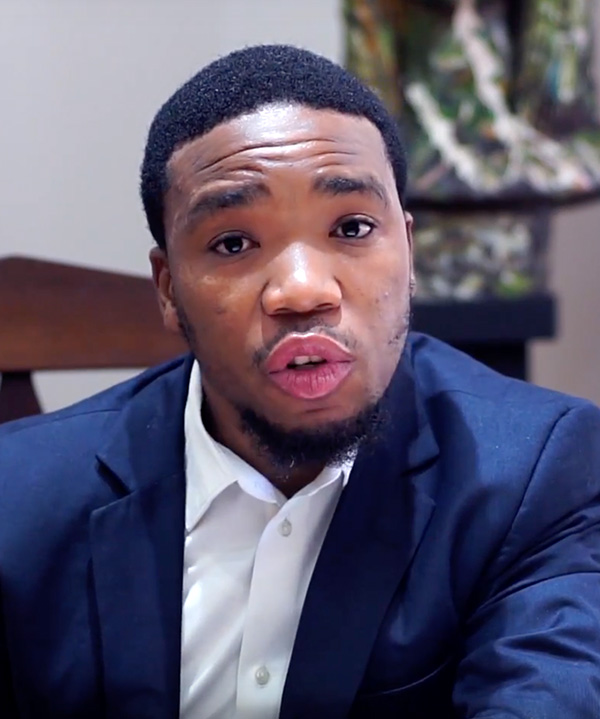
RWANDA
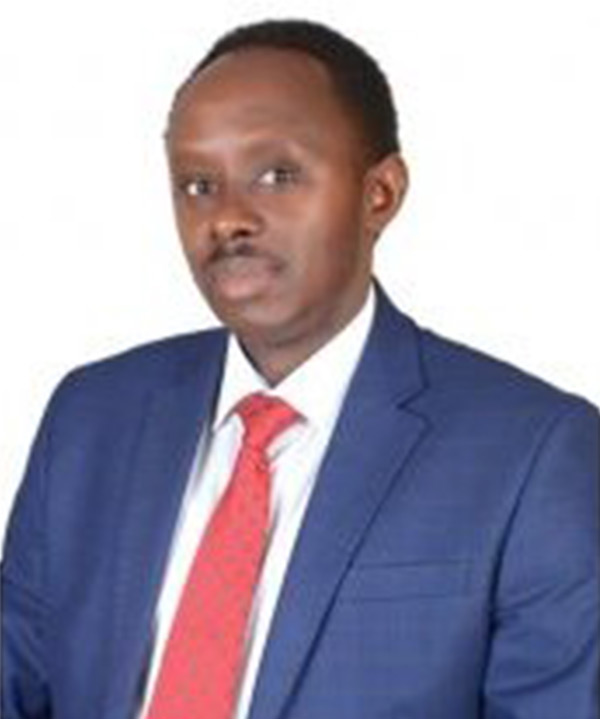
SEYCHELLES
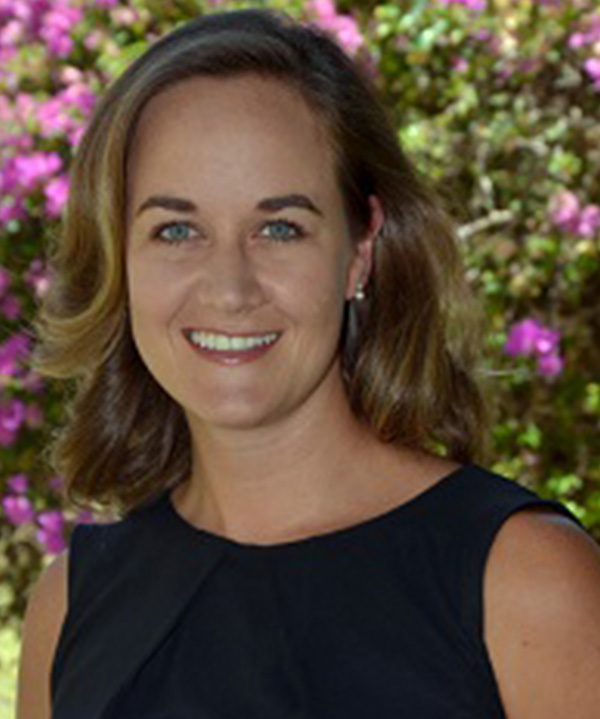
SIERRA LEONE
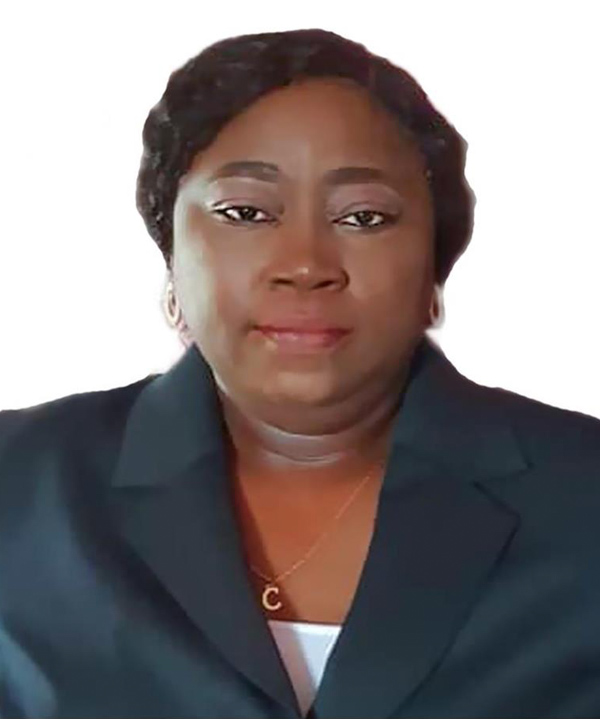
Under her stewardship, the Board has carved a niche in the provision of primary justice services through the work of paralegals in remote communities across the country. It is also one of the lead organizations in implementing Goal 16 of the Sustainable Development Goals.
Carlton-Hanciles worked at the Special Court for Sierra Leone and rose to Principal Defender. The only Sierra Leonean to have held that position.
She is passionate about the poor and vulnerable for which the Board has won dozens of awards.
SOUTH AFRICA
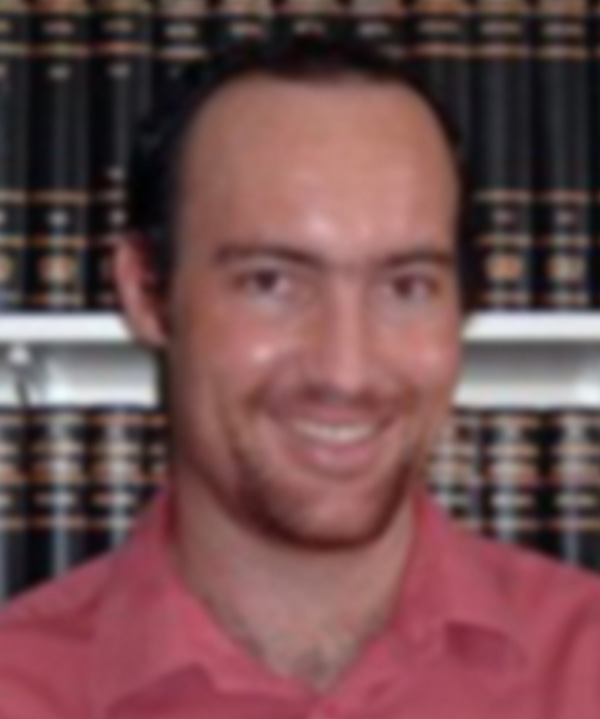
TANZANIA
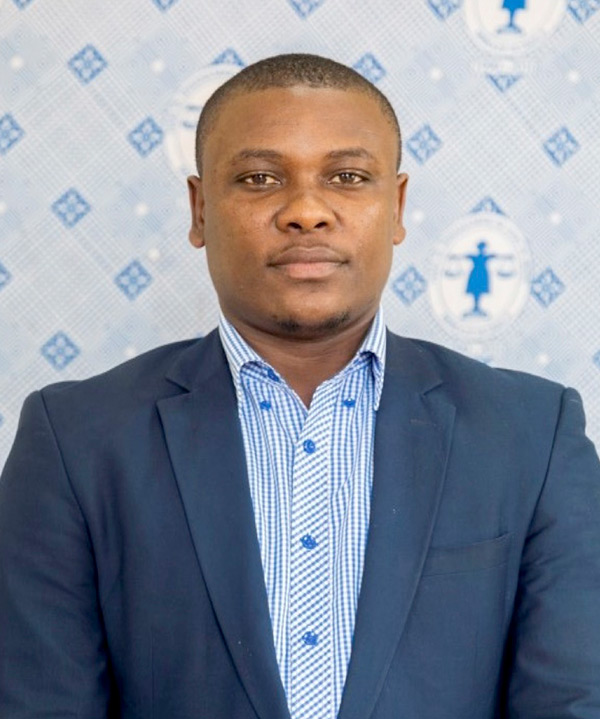
Adv. Barnabas is a Human Rights Lawyer and an advocate of the High Court of Tanzania and subordinate courts thereto except for Primary, with experience in women’s rights, children’s rights, and advocacy for eight years. He has worked as Coordinator of Paralegal Program (2012-2015) and coordinated trainings to 400 paralegals in 18 districts of Tanzania mainland, who had worked to ensure access to justice to indigents within their communities. Currently Barnabas coordinates M&E unit at Tanzania Women Lawyers Association (TAWLA). He has also worked at various capacities such as a legal aid provider, trainer on women’s rights, program officer on women land rights, gender based violence and ending child marriage campaign.
Adv. Barnabas is also coordinating Mama Ardhi Coalition, a coalition of 10 local organizations in Tanzania working to promote women land rights in Tanzania. He also leads the legal team of Tanzania Ending Child Marriage Network.
Significantly, Barnabas’s experience and knowledge has been concentrated on promoting and protecting rights of the vulnerable and marginalized groups, especially women and children.
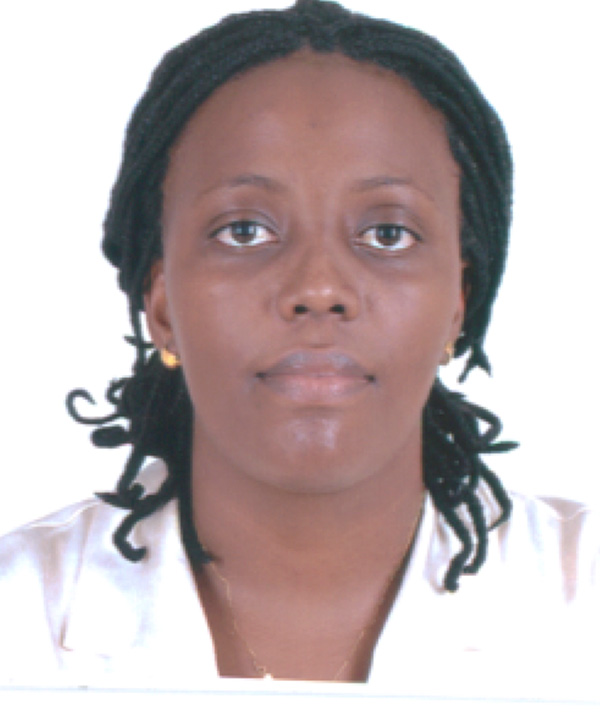
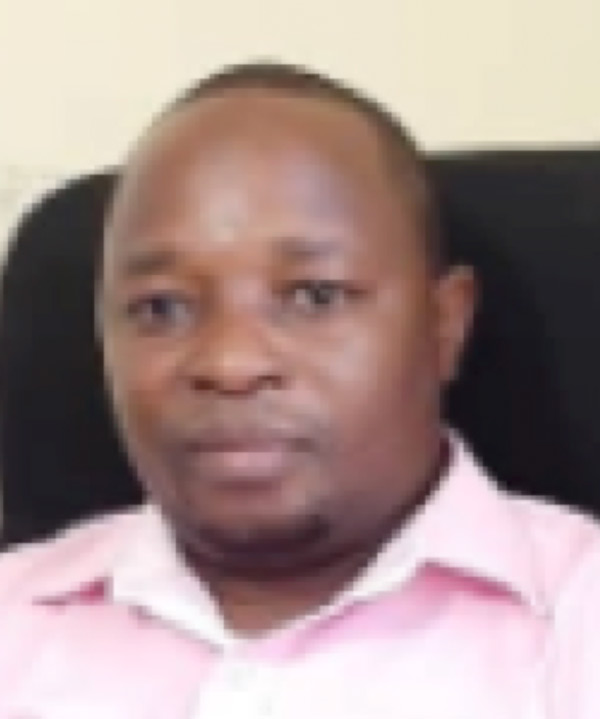
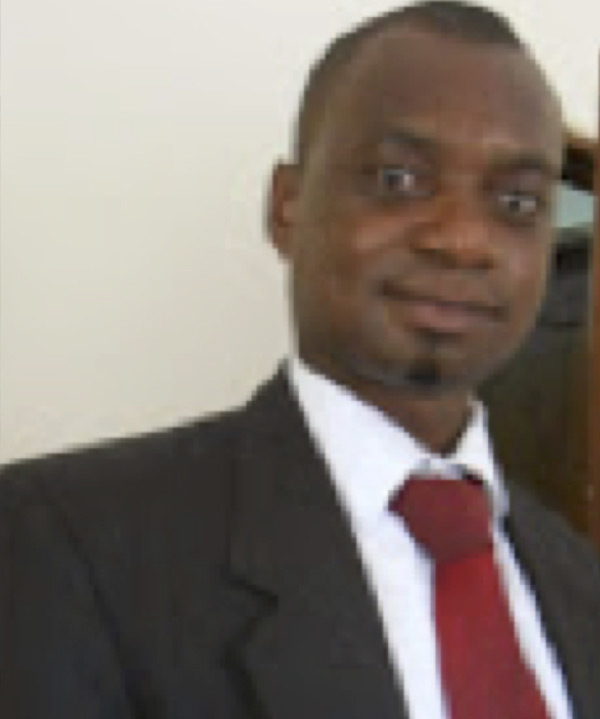
As the head of the Capacity building and empowerment desk, he is involved in assessing capacity needs among target groups, developed capacity building plans, budgets, Monitoring and Evaluation plans and interventions strategies on security management based on the needs of the target groups, trained CSOs/HRDs and other target groups on various aspects of security and risk management, human rights and their enforcement mechanisms and report preparation.
As part of his skills to develop advocacy initiatives, he also heads the Universal Periodic Review (UPR) desk and coordinates the newly established CSOs Anti-torture Network of about 40 CSOs aiming at increasing Knowledge and Awareness of the occurrence of torture and Ill-treatment in Tanzania.
Apart from conducting trainings on security management and risk assessment training to human rights organizations, Mr. Deogratias has several times been invited present before freedom of expression and Online freedom stakeholders on various laws affecting free expression and internet rights in Tanzania mainly the cybercrimes Act, the Media Services Act, the Access to information and the 2018 Online Content Regulations. He has also got opportunities to attend various regional and global forums on online freedom such as the Forum on Internet Freedom in Africa (FIFAfrica).
UGANDA

ZAMBIA
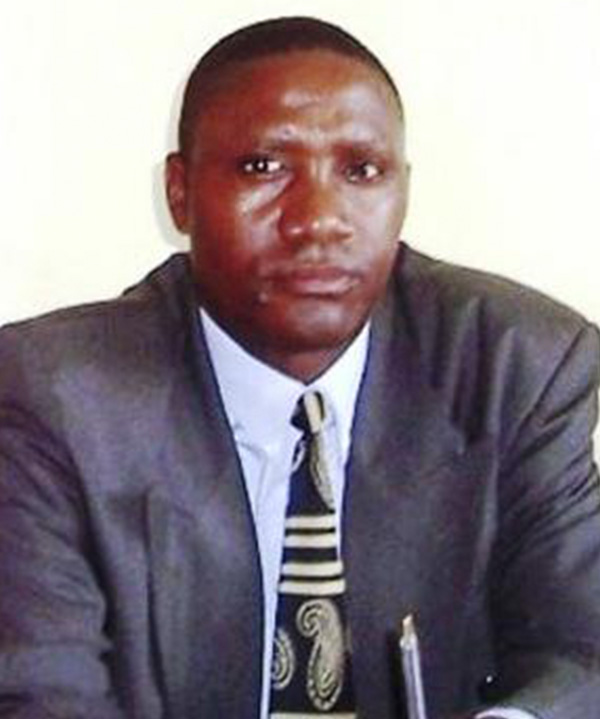
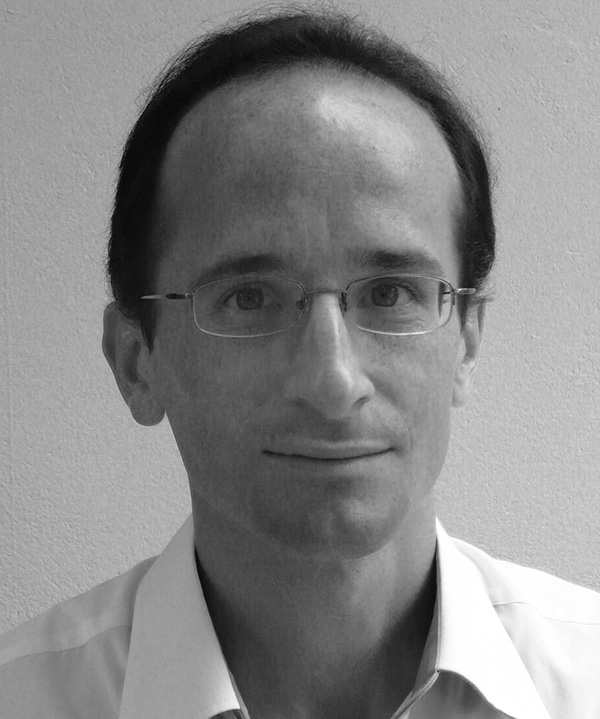
ZIMBABWE
